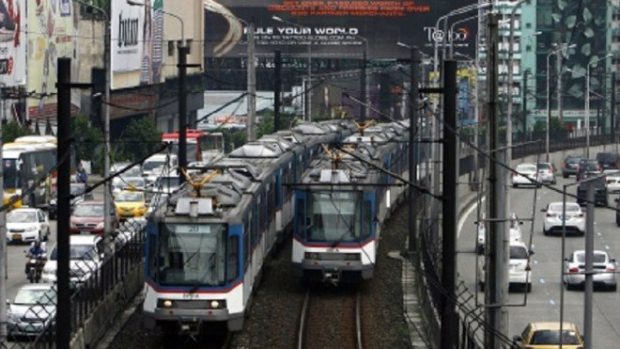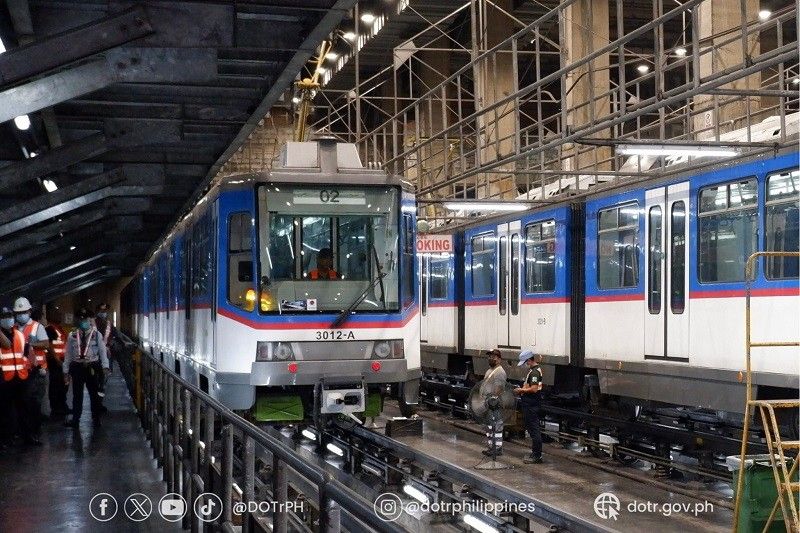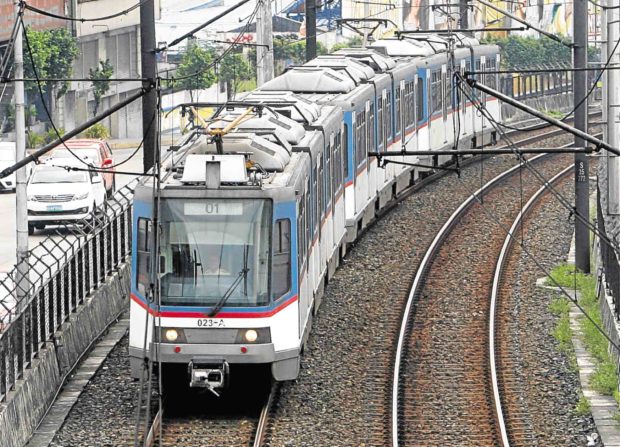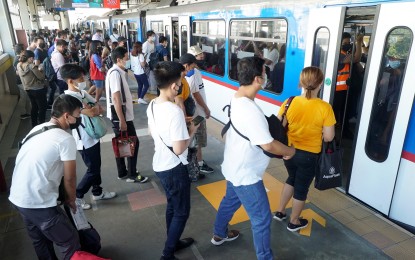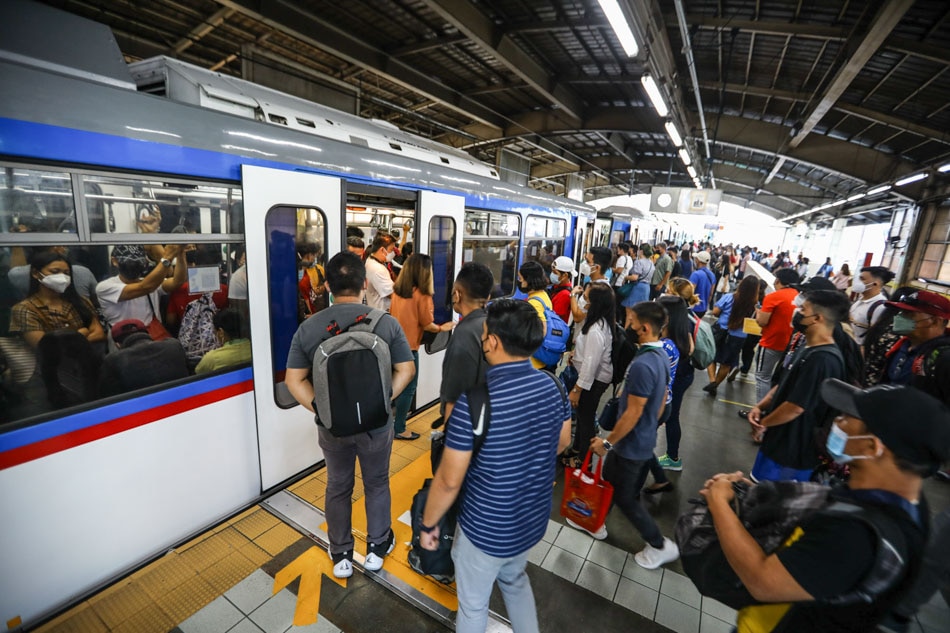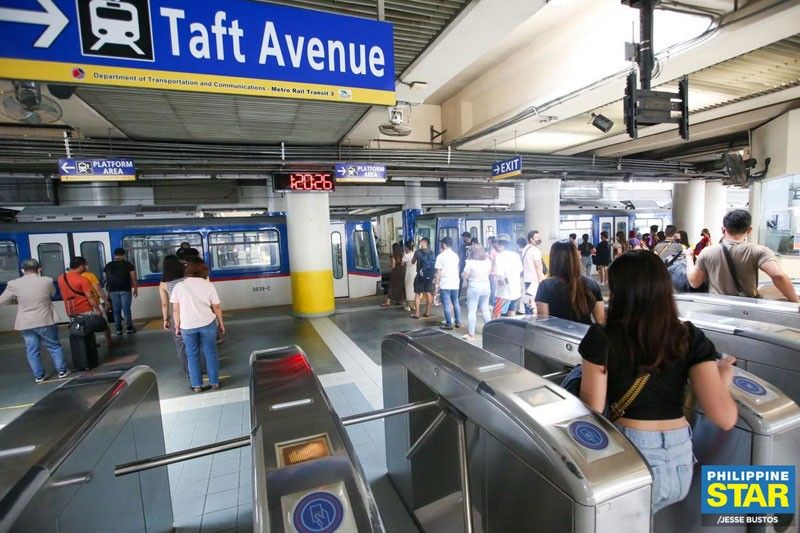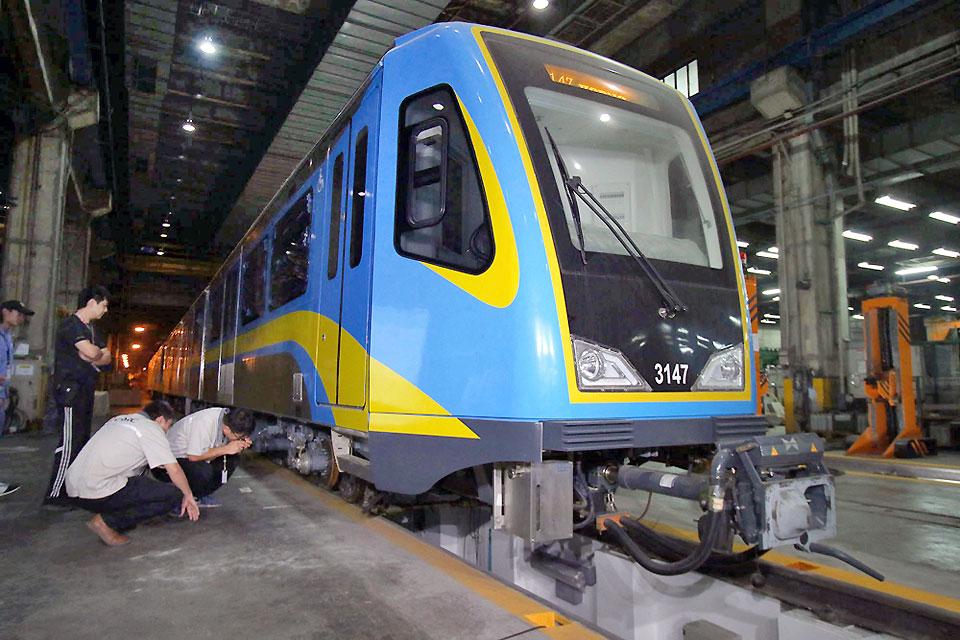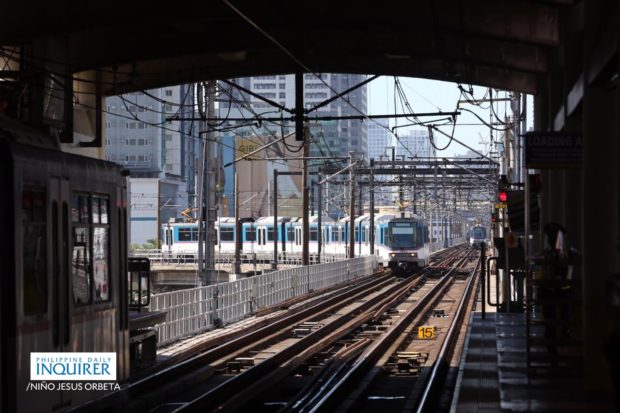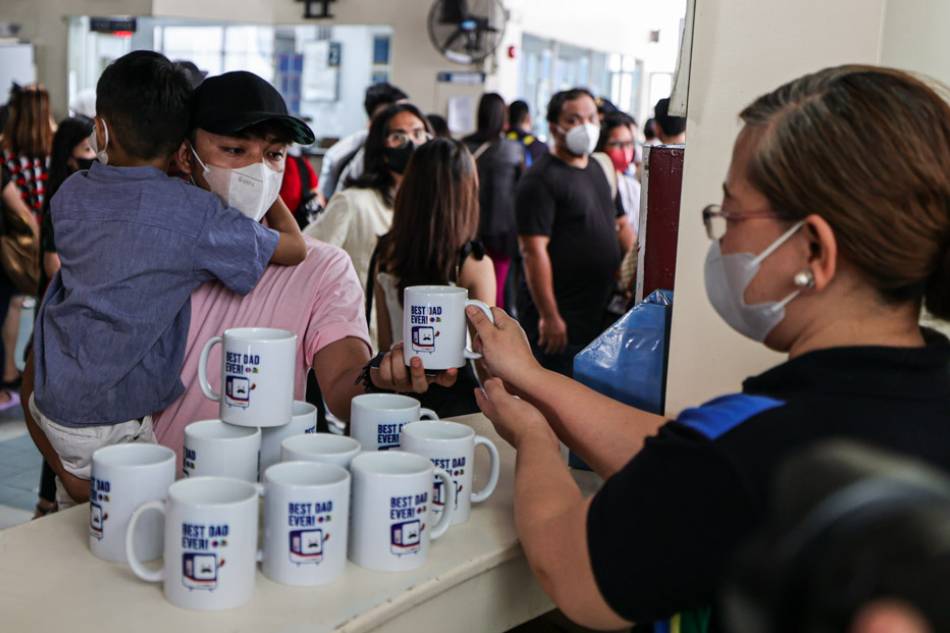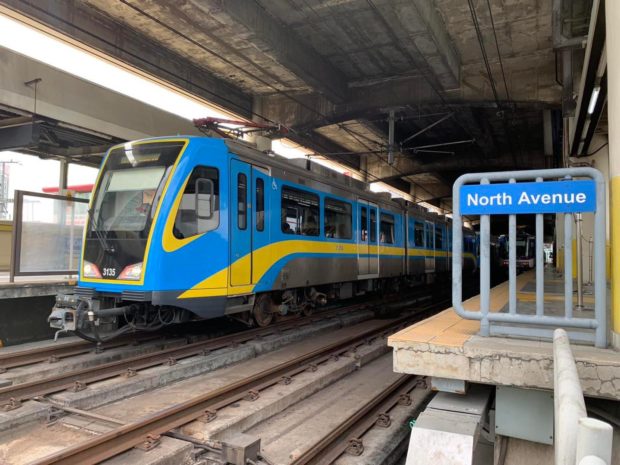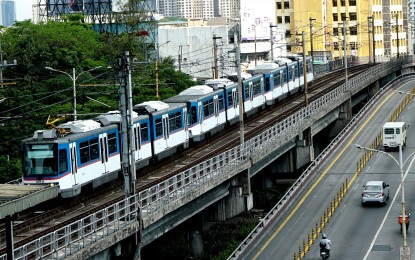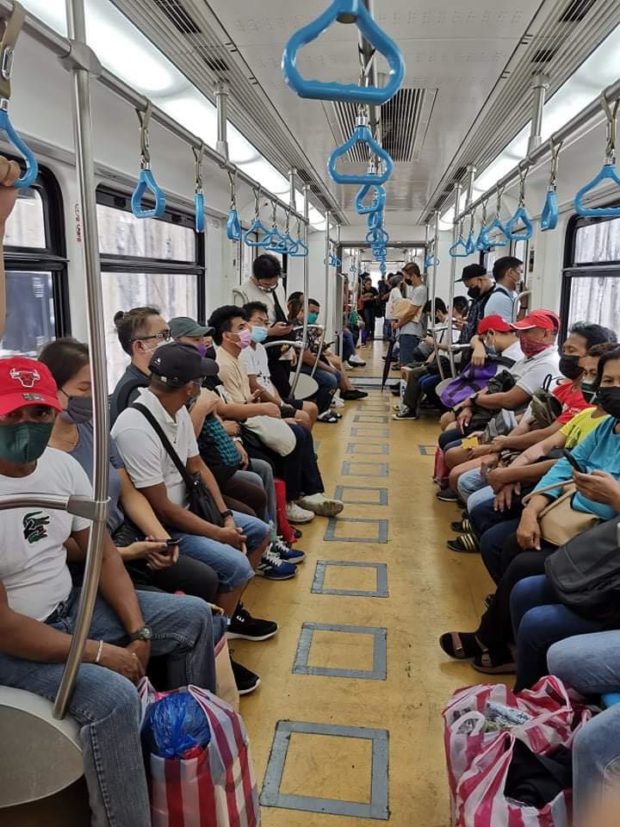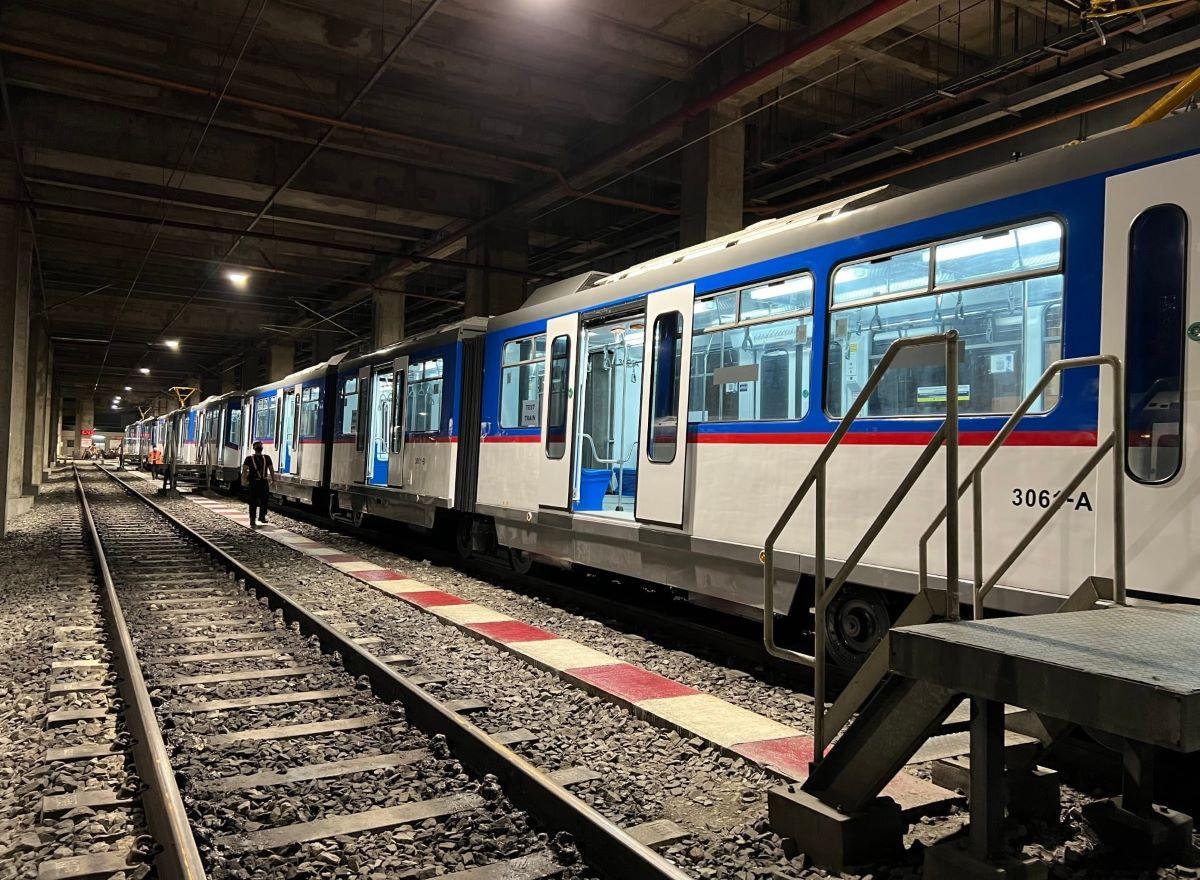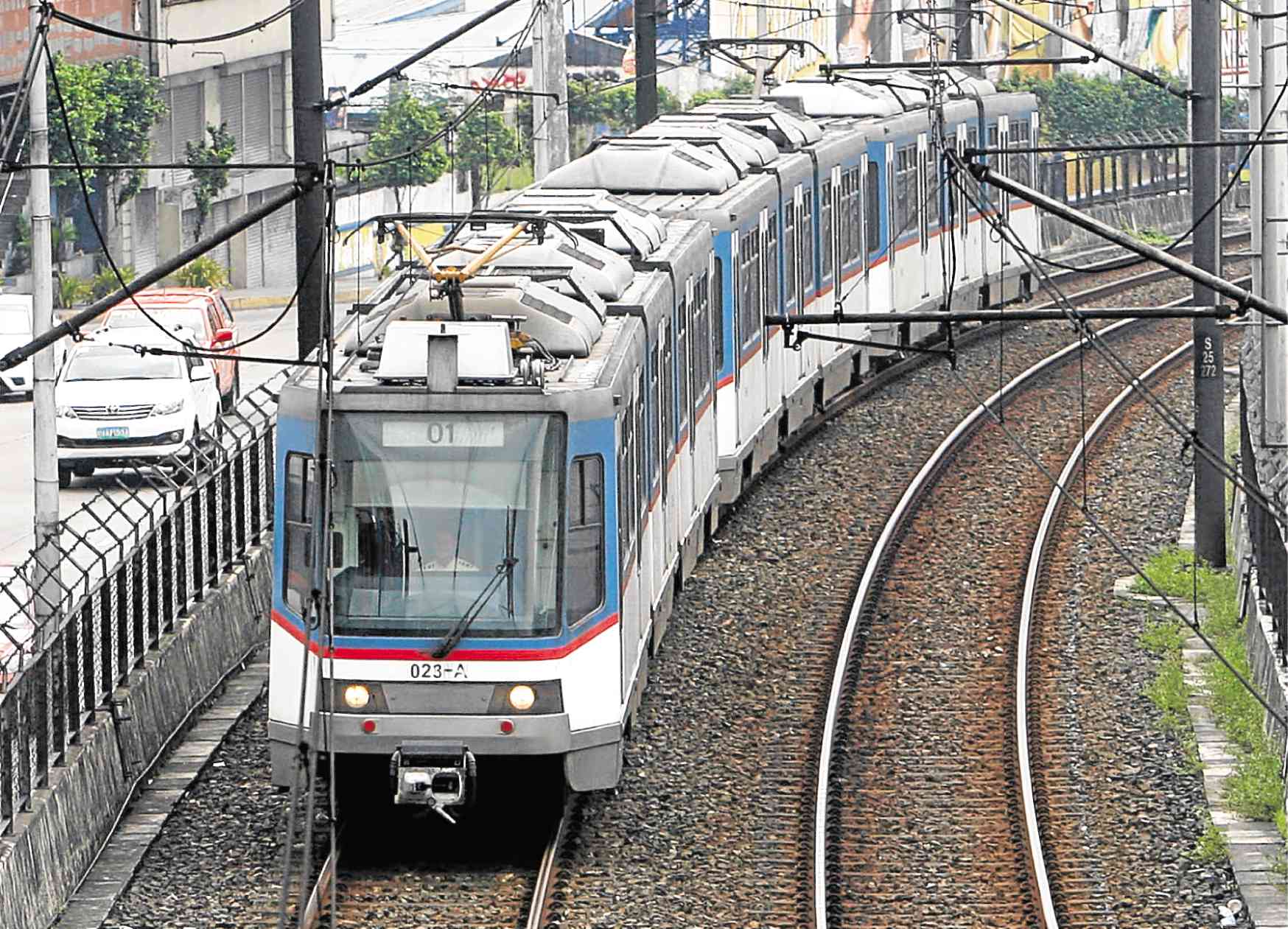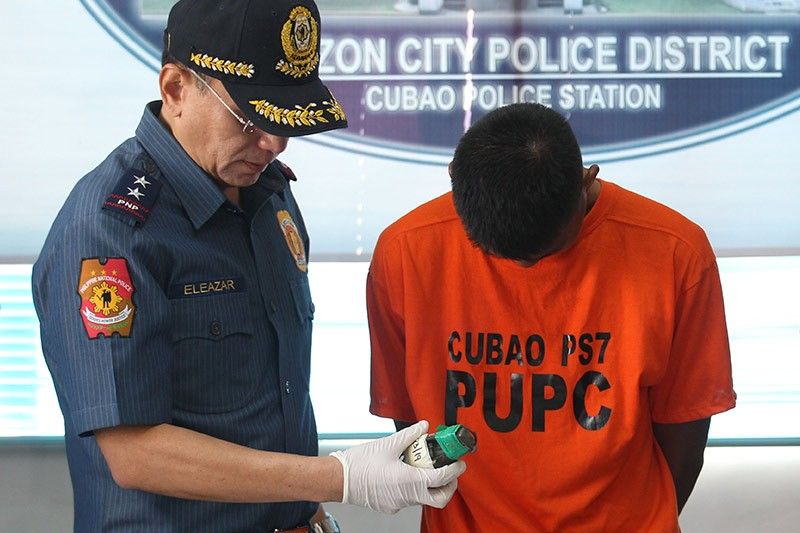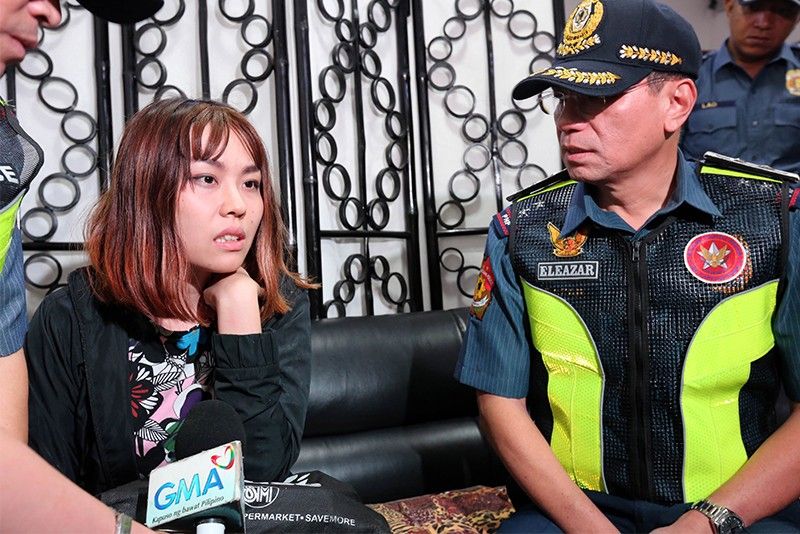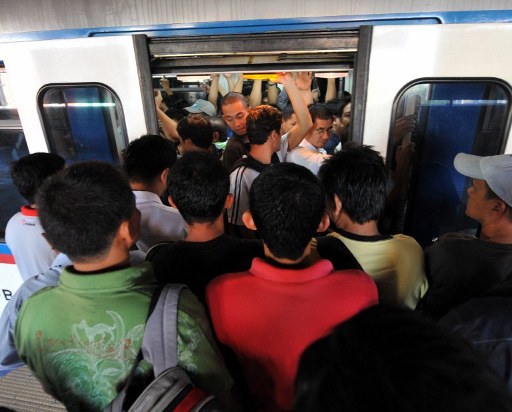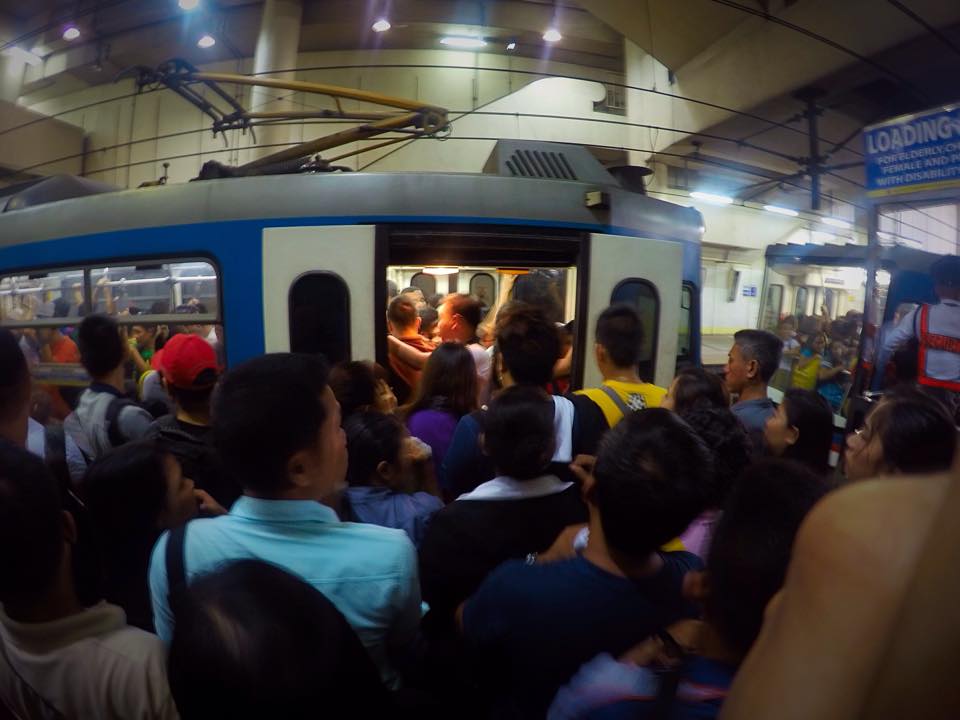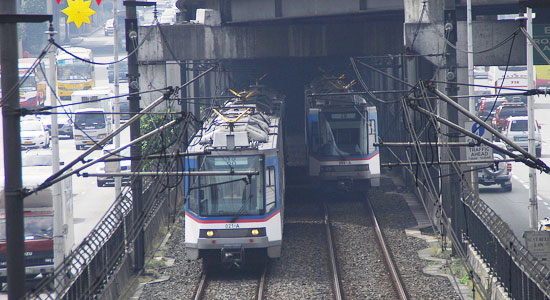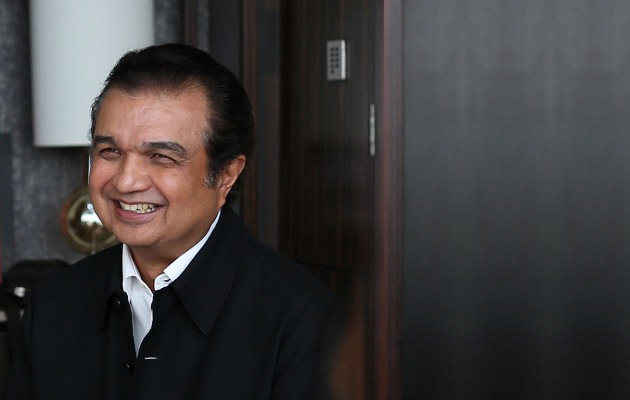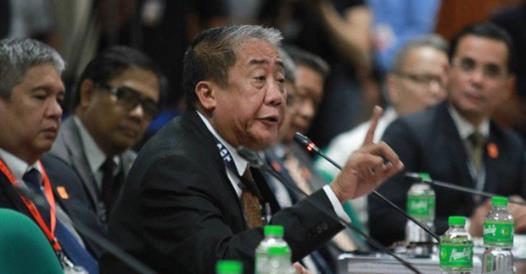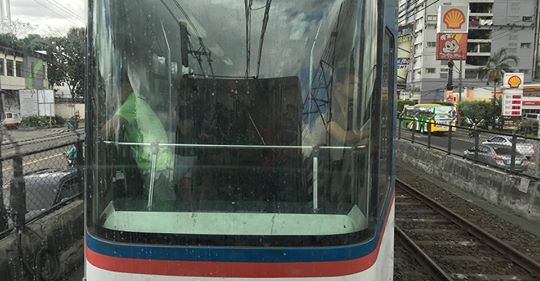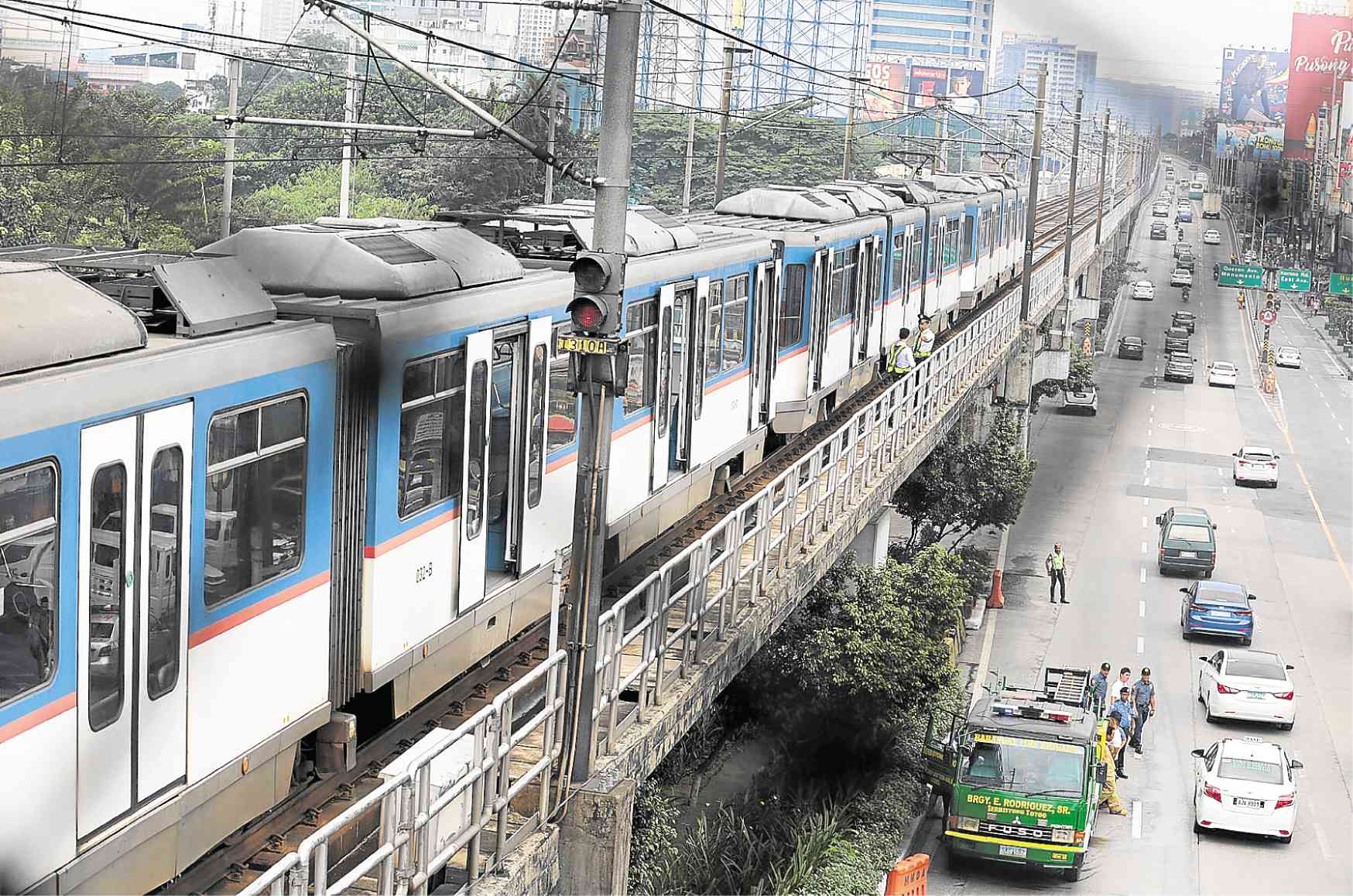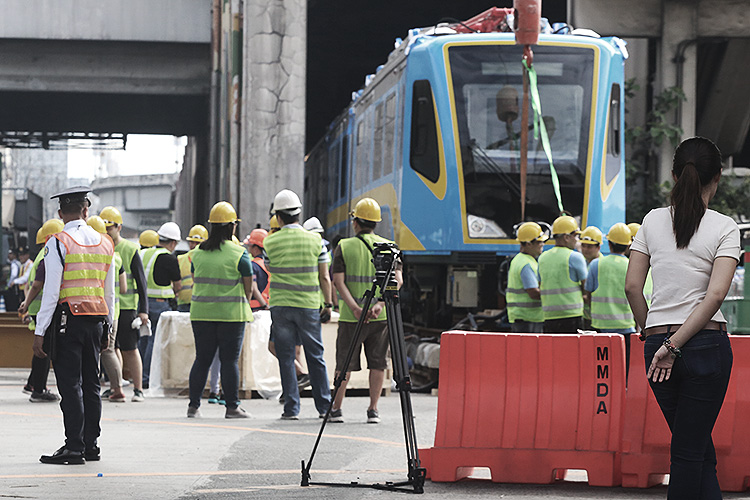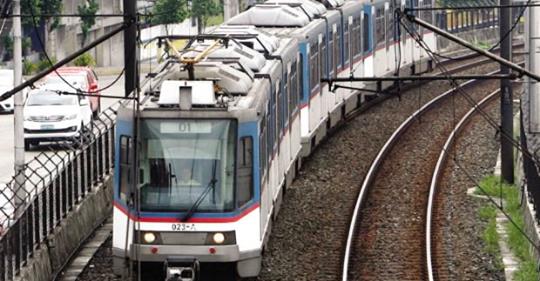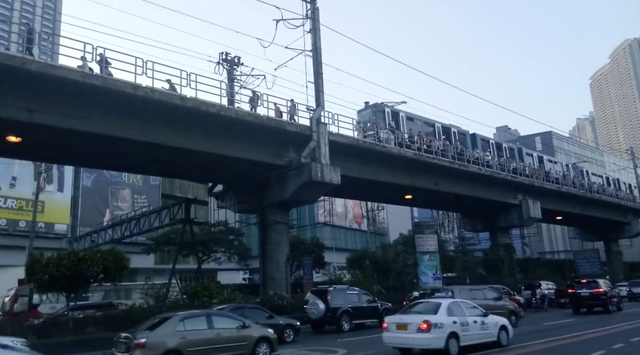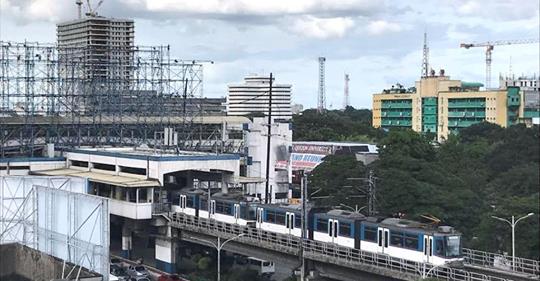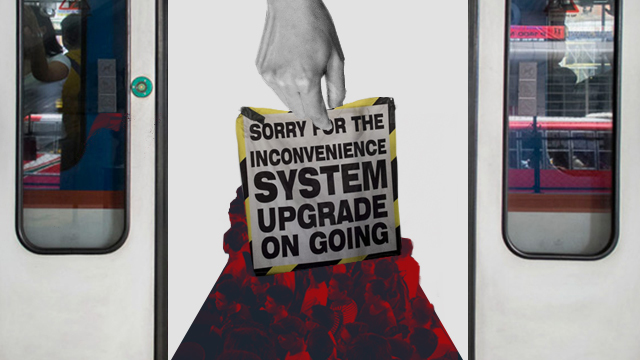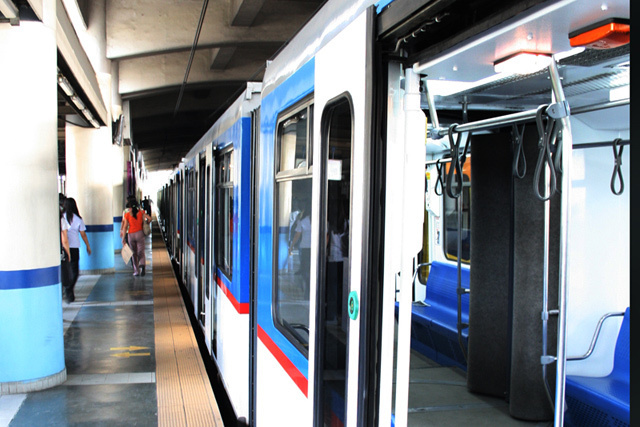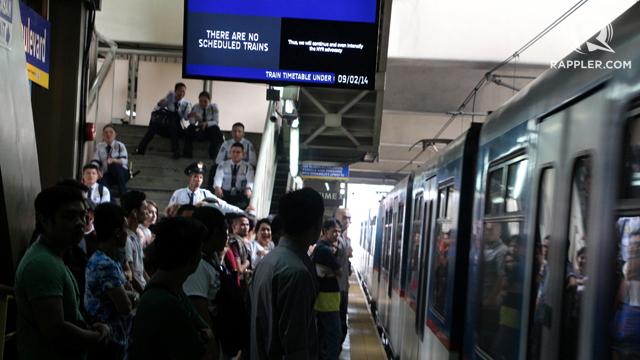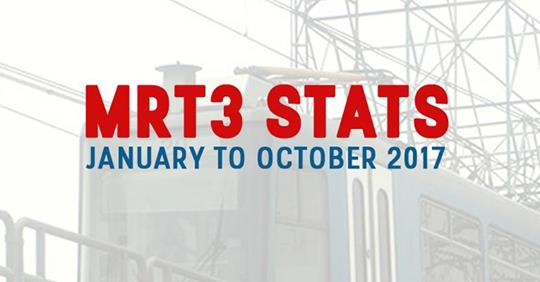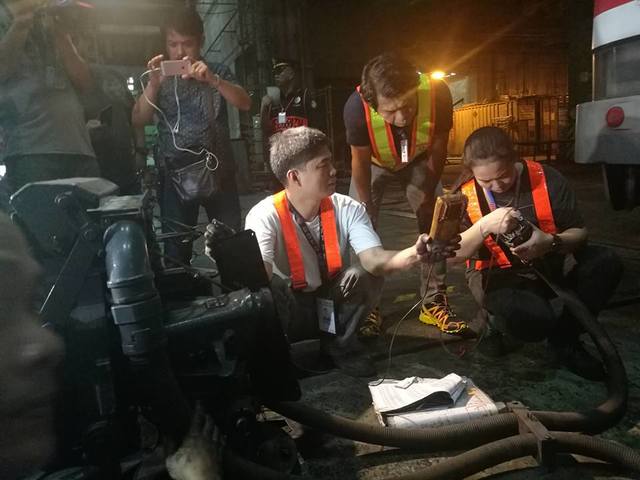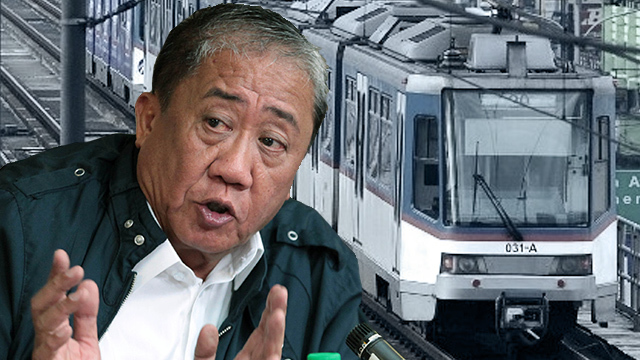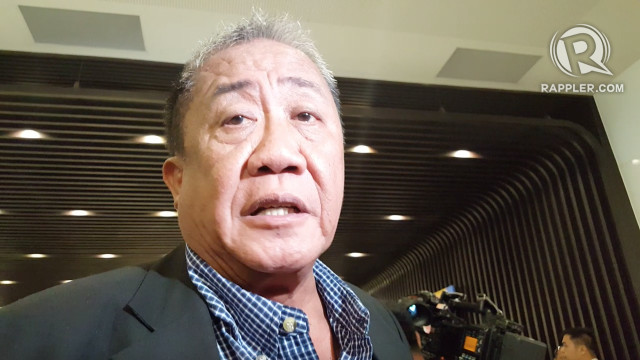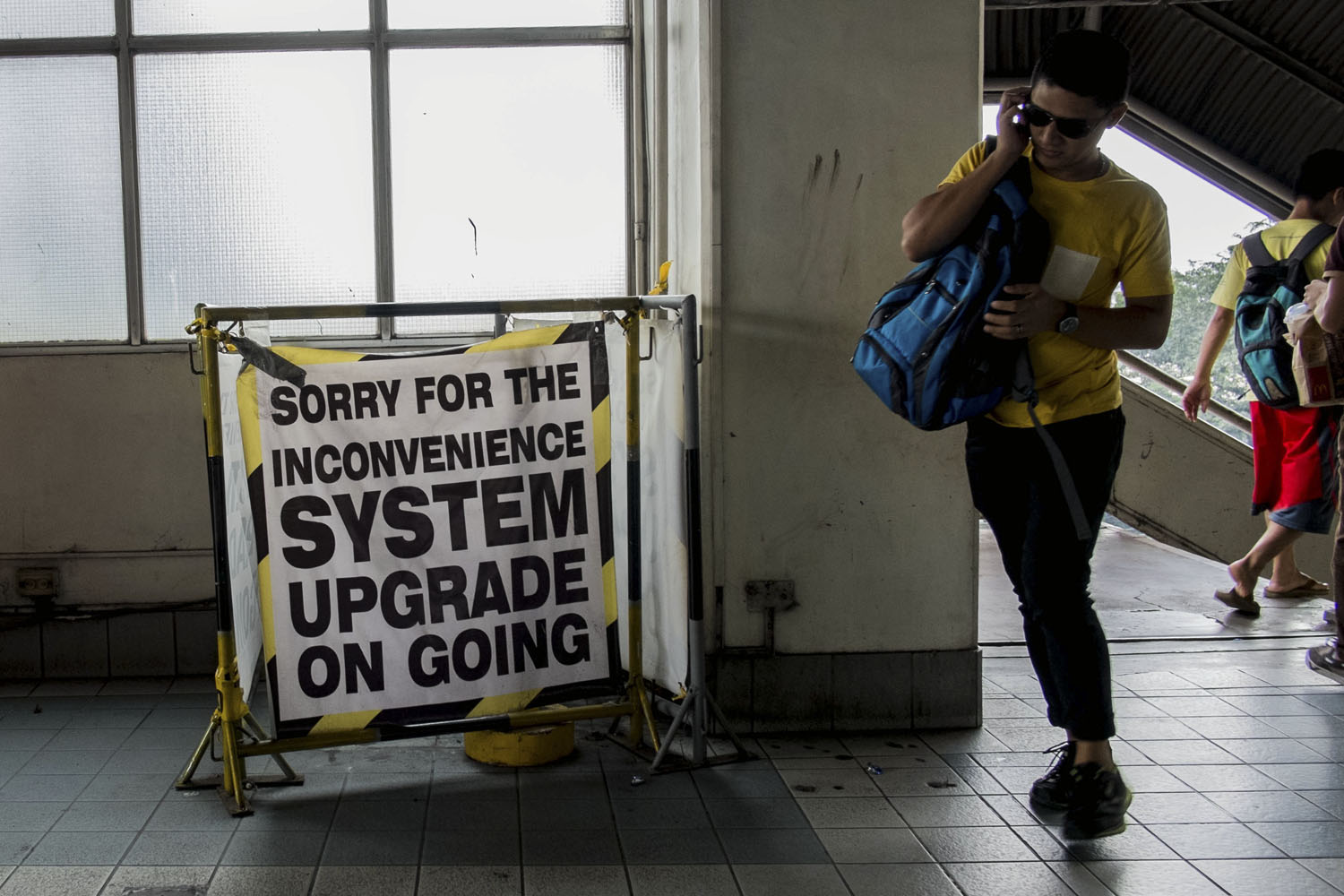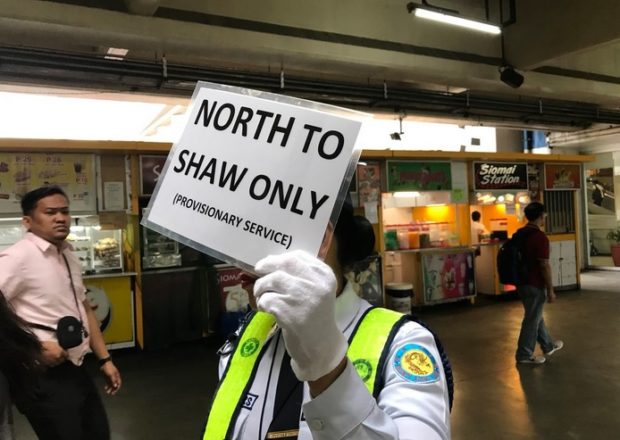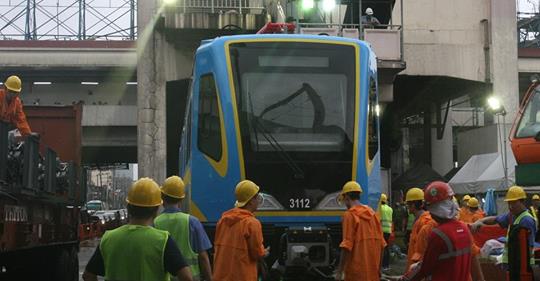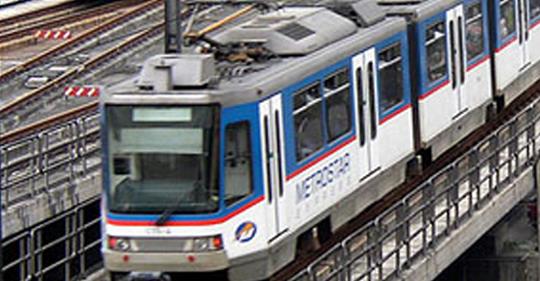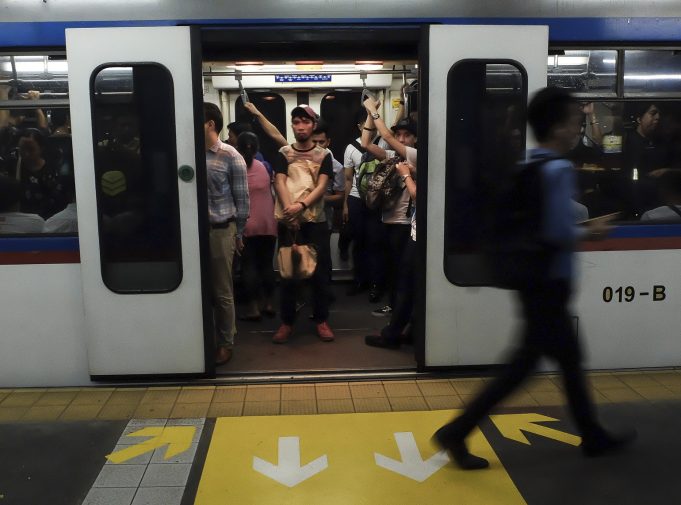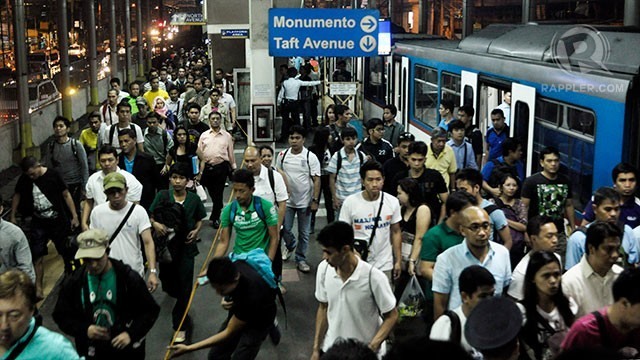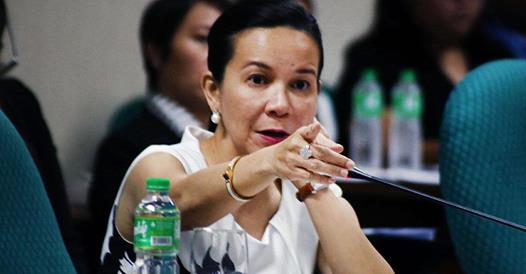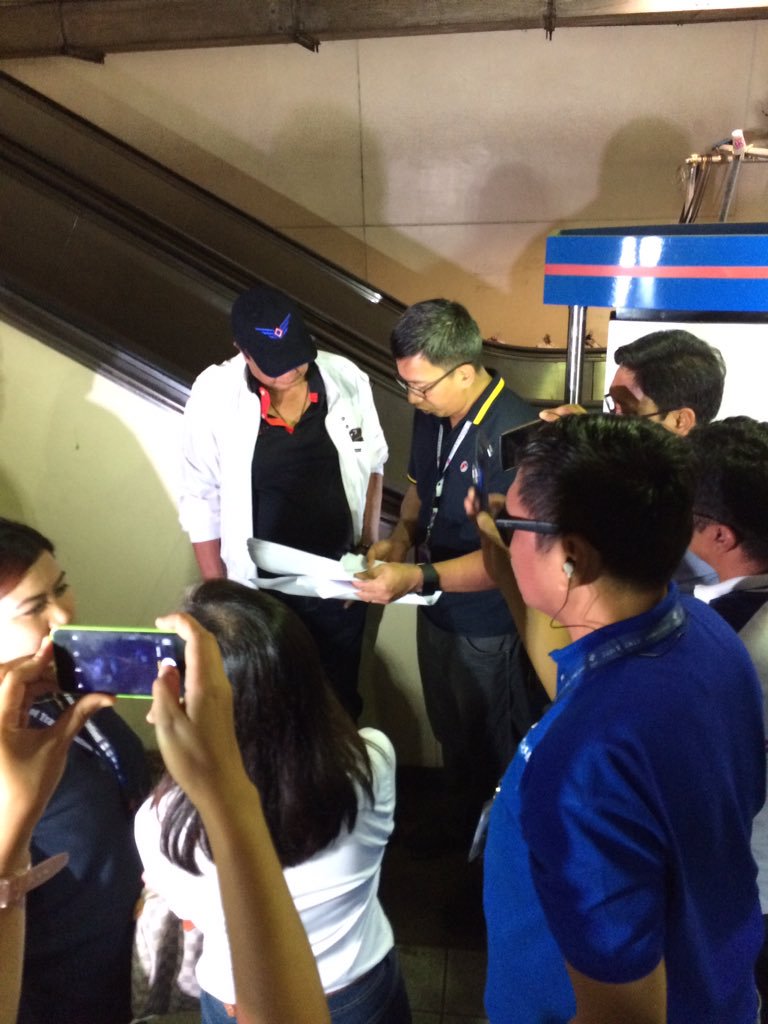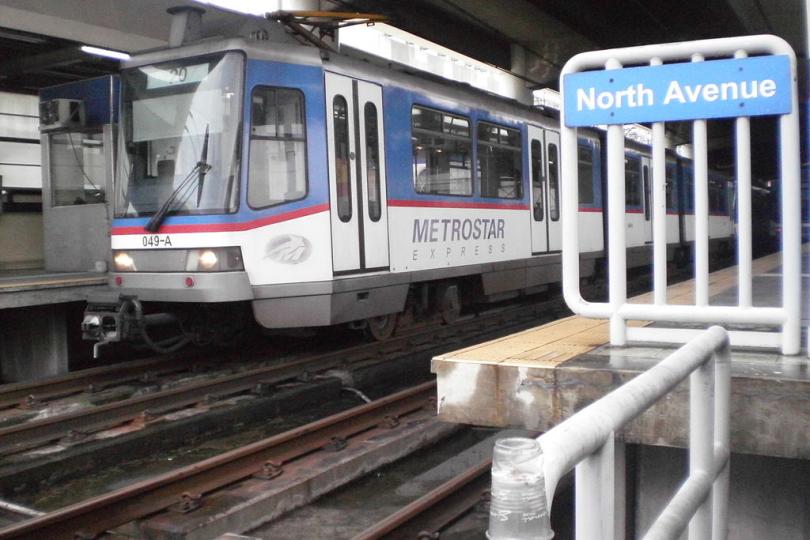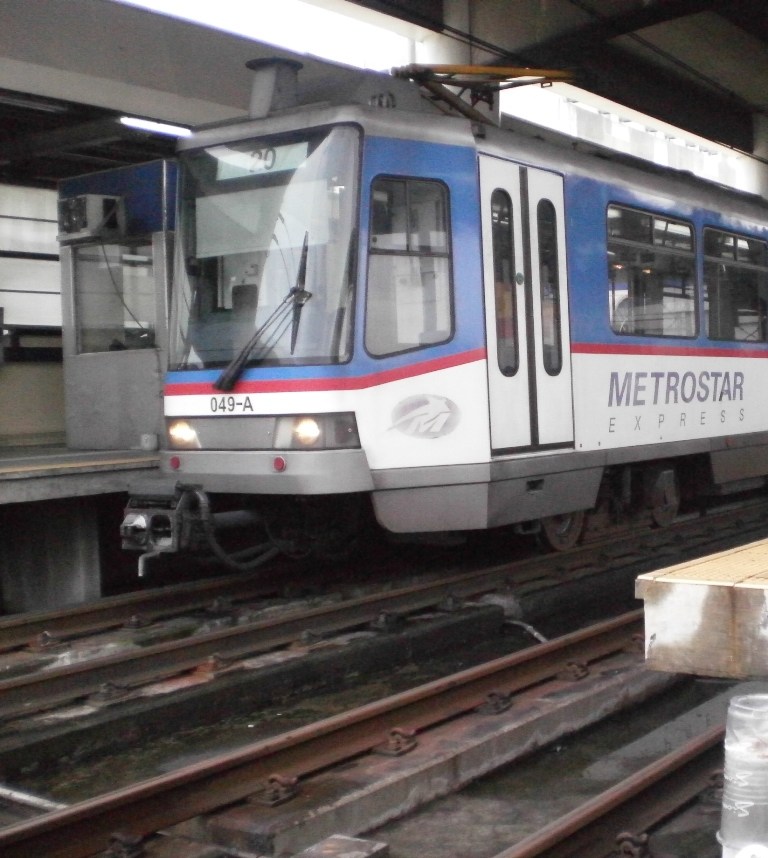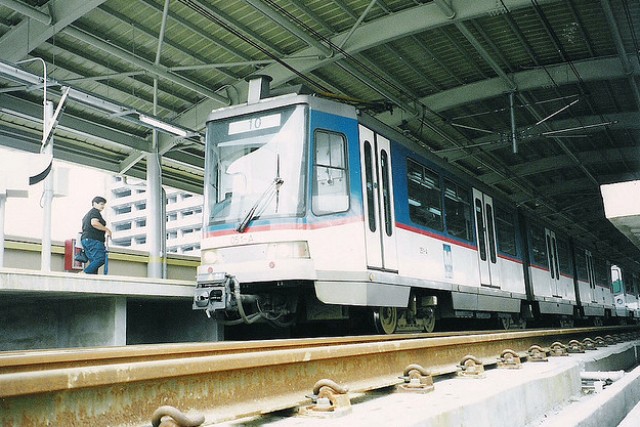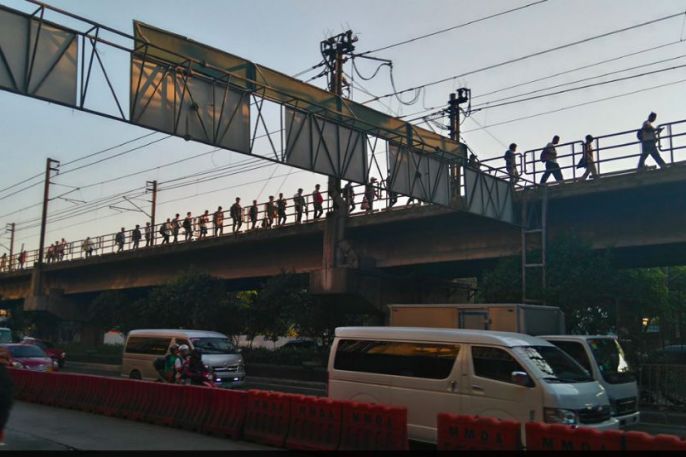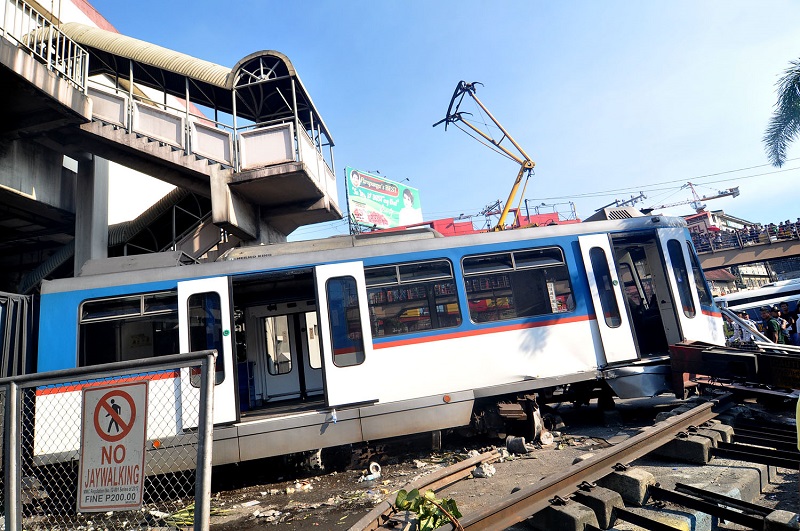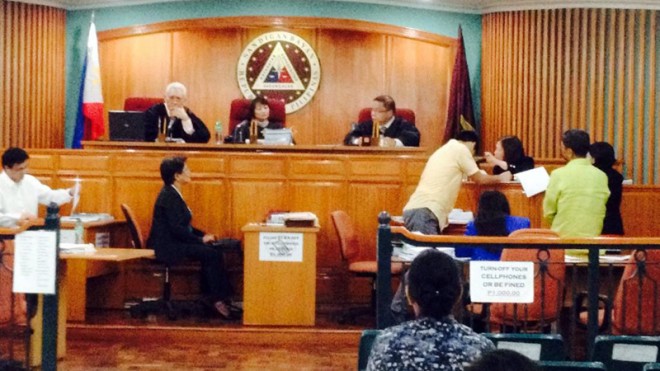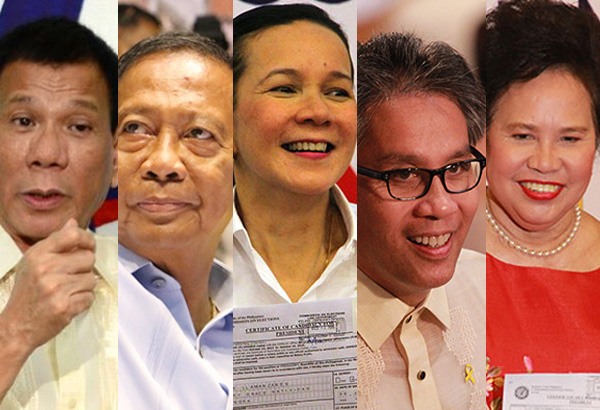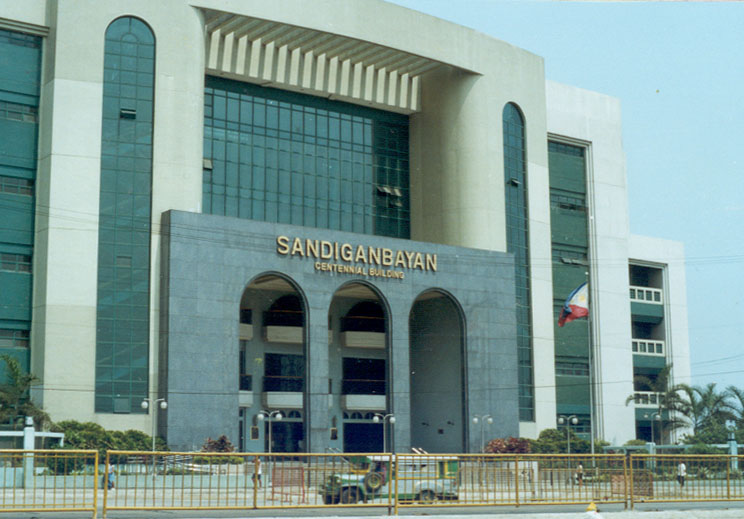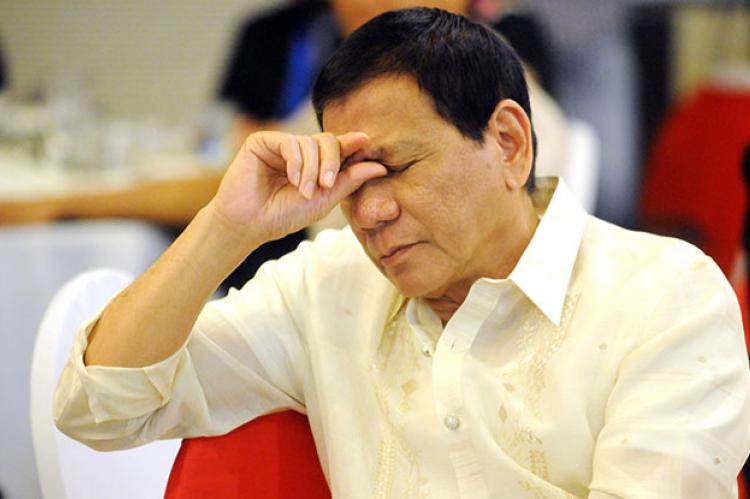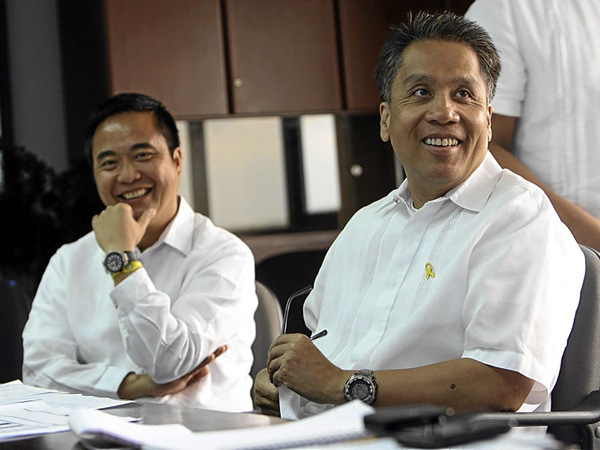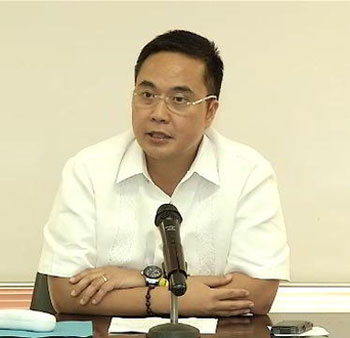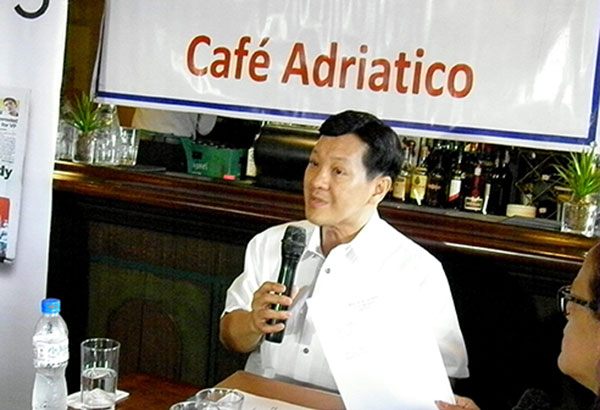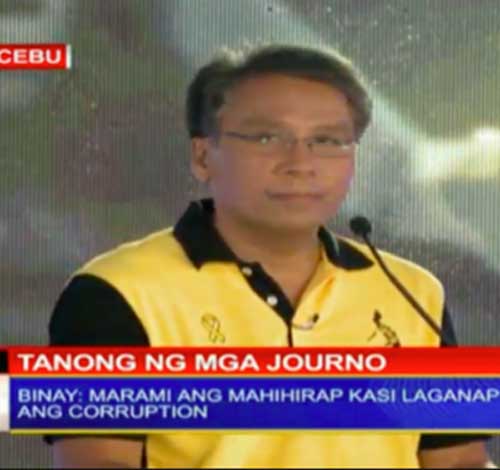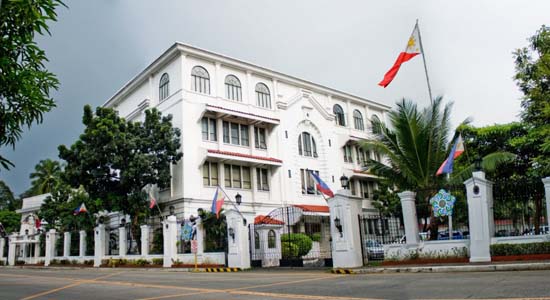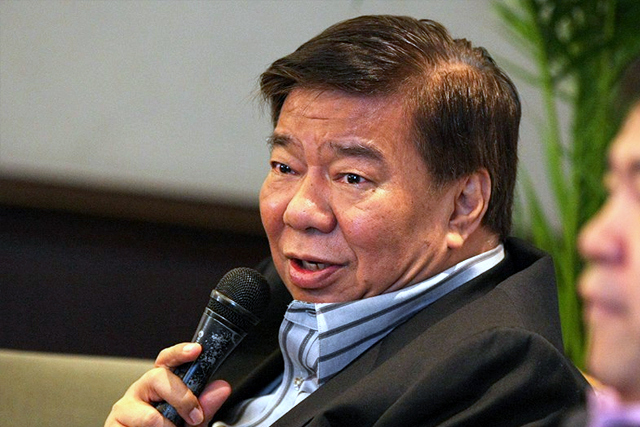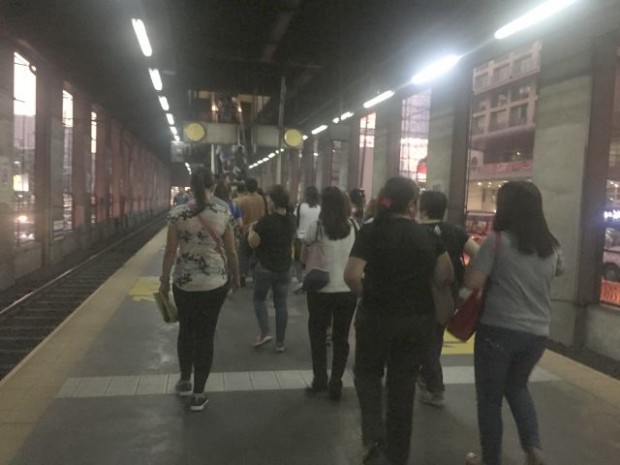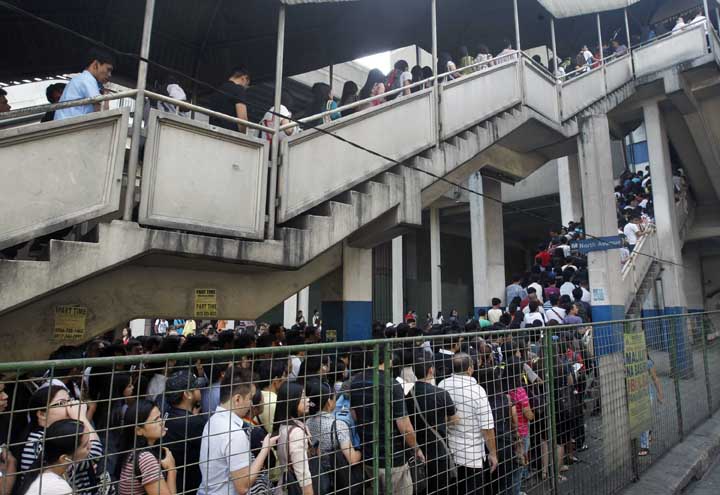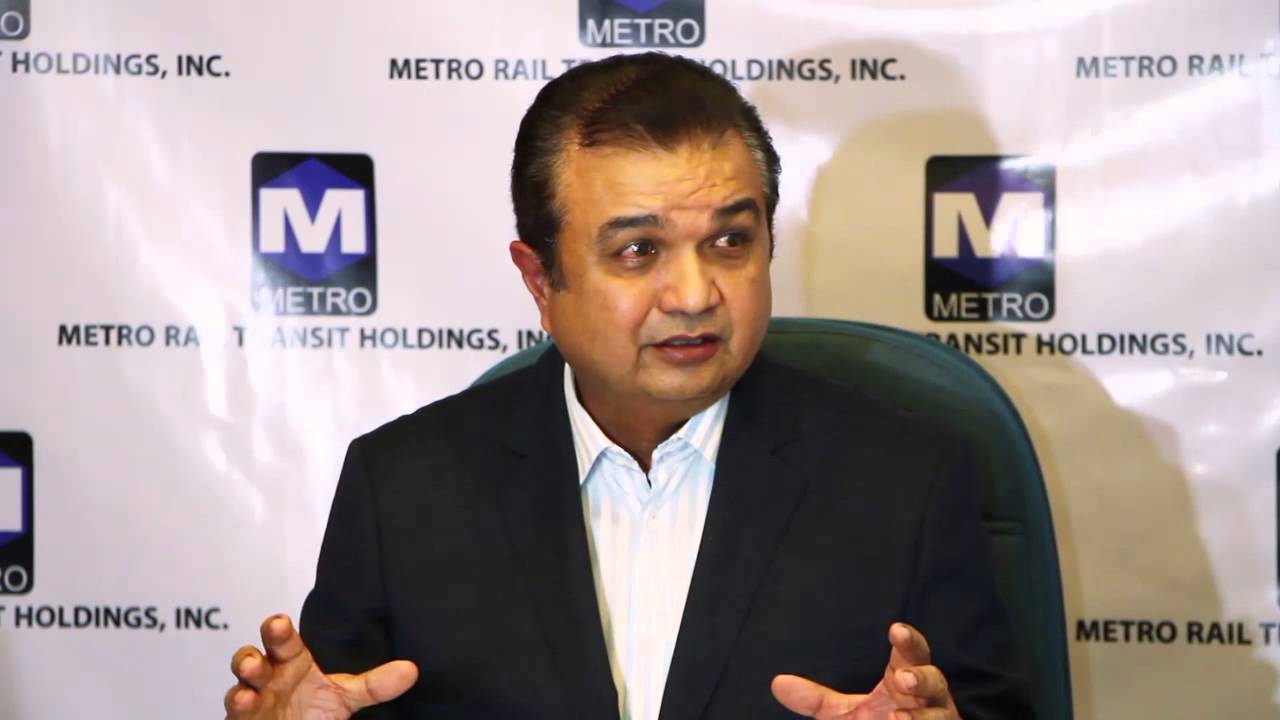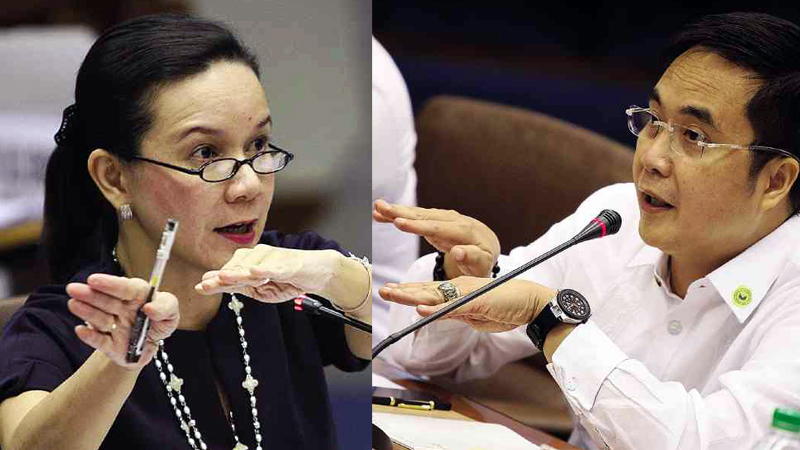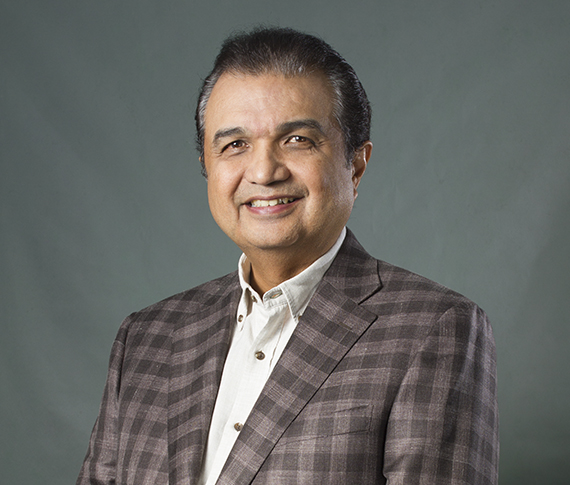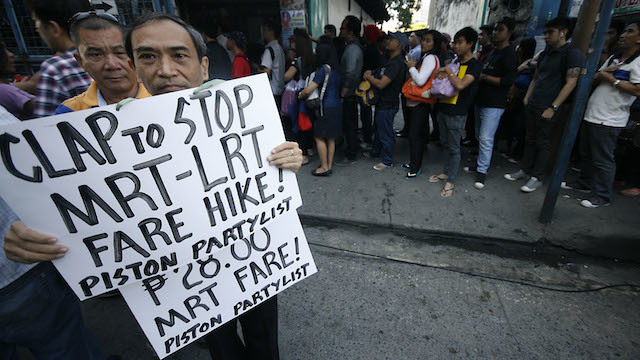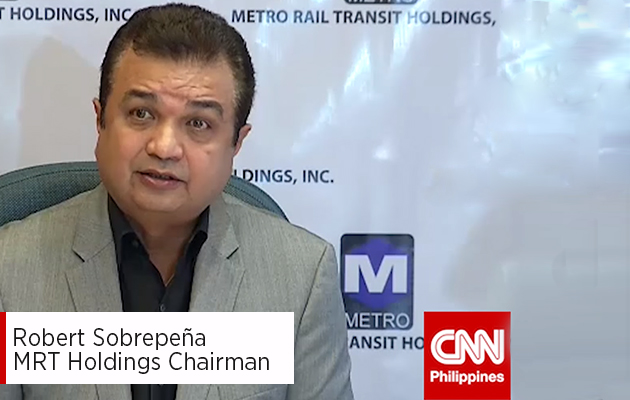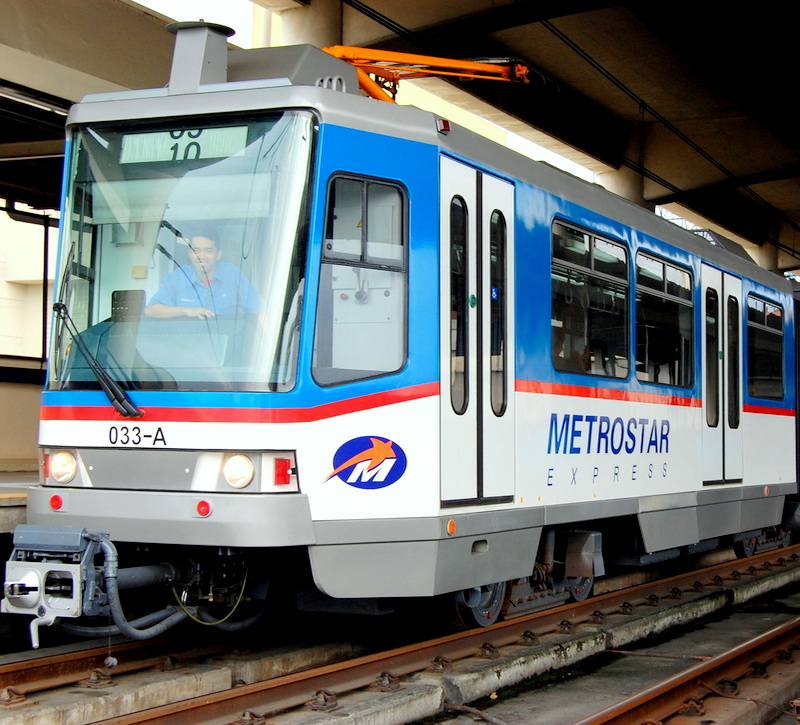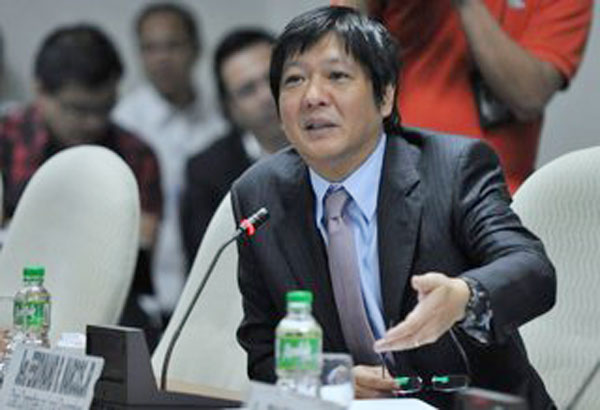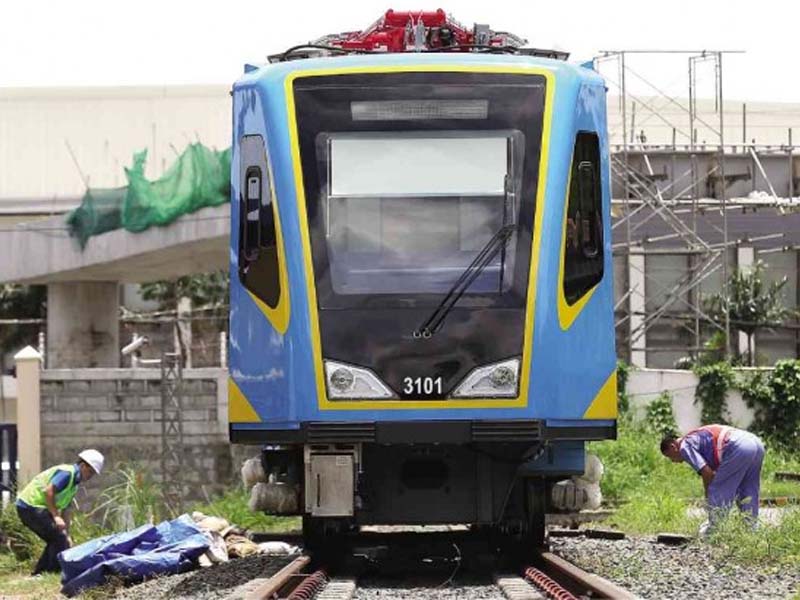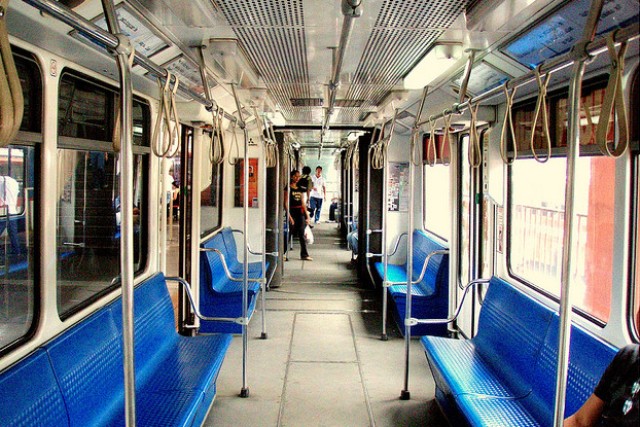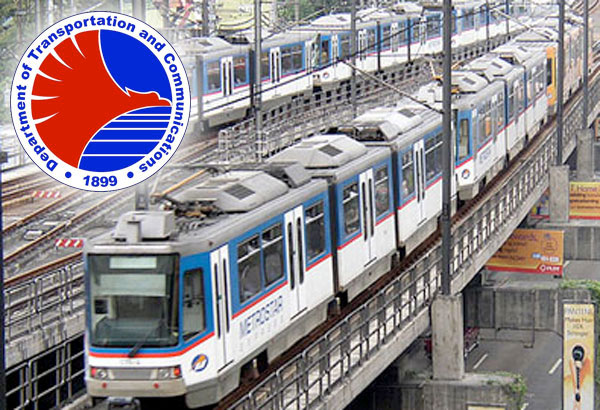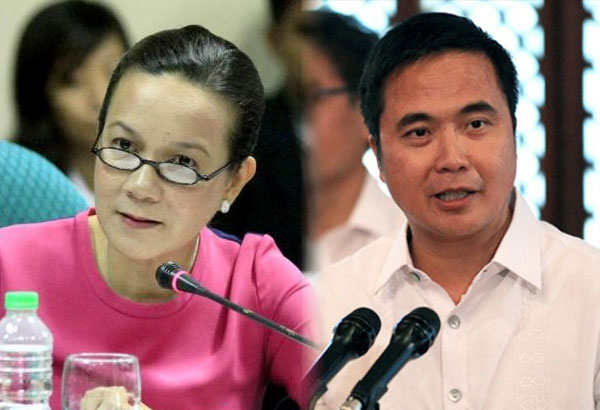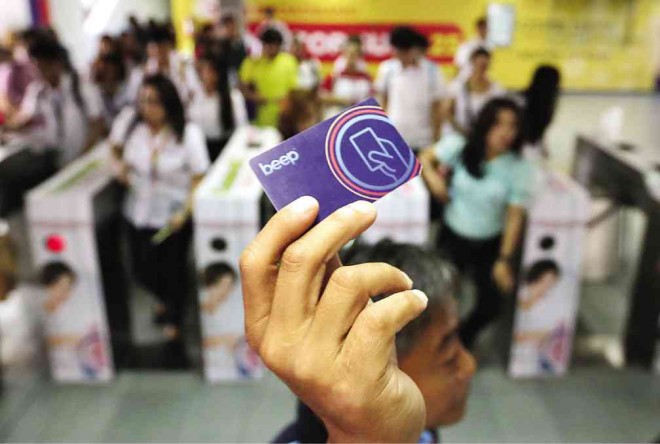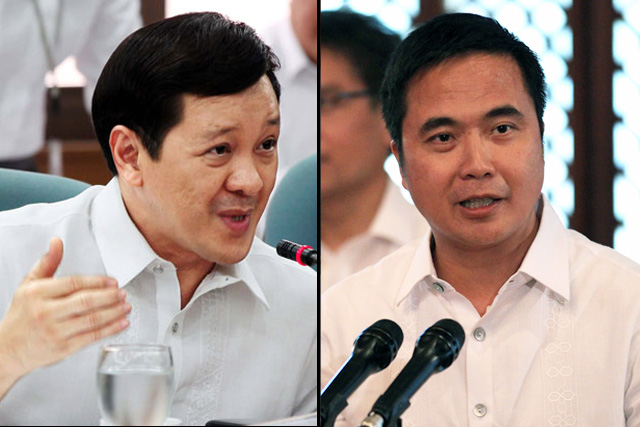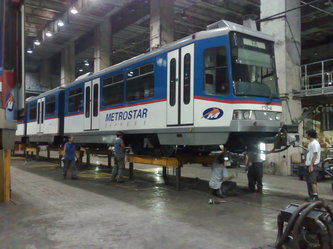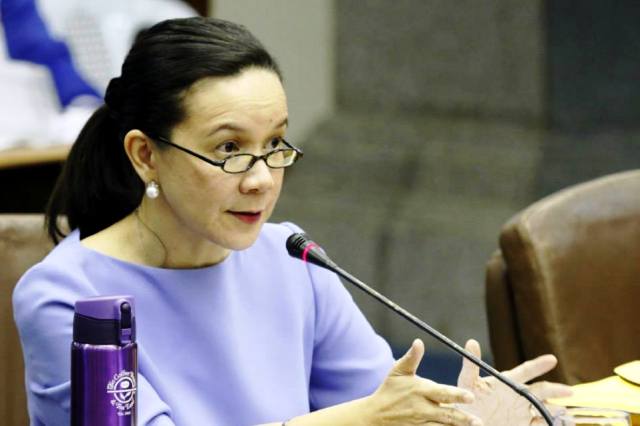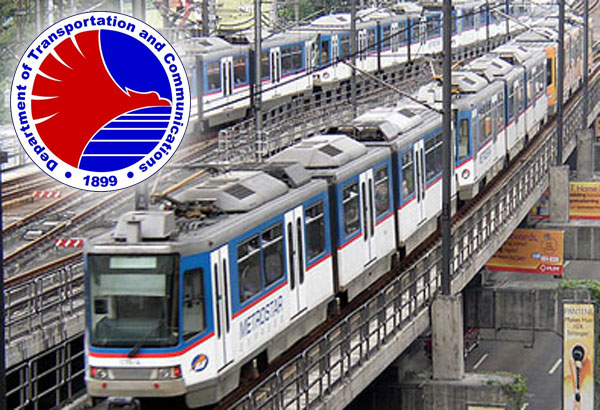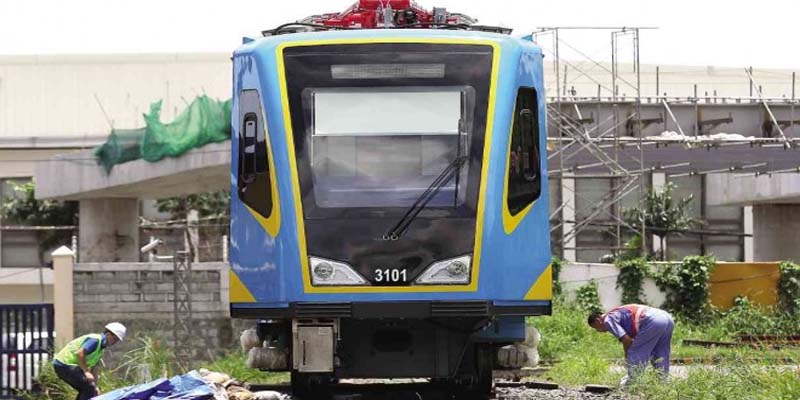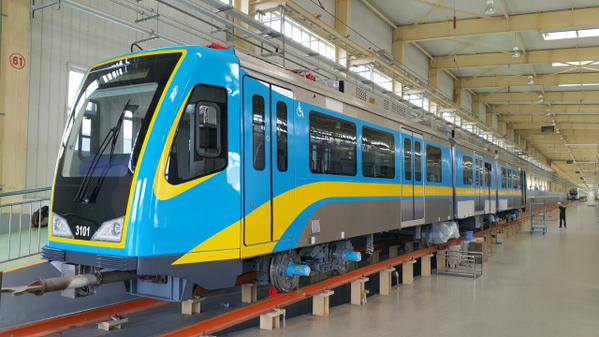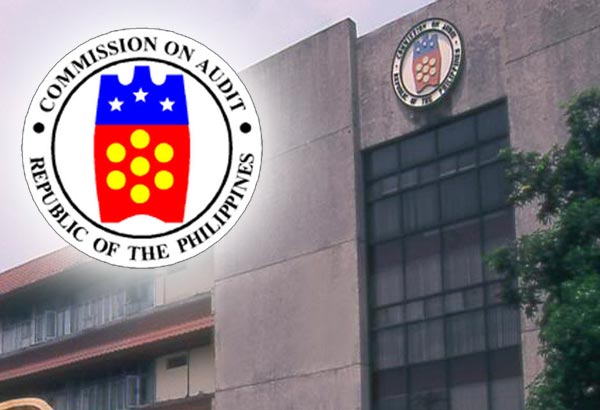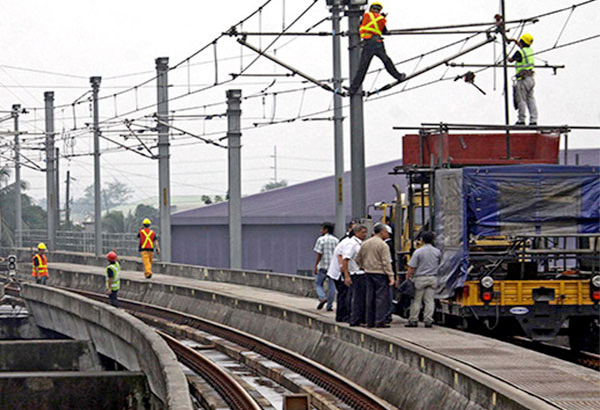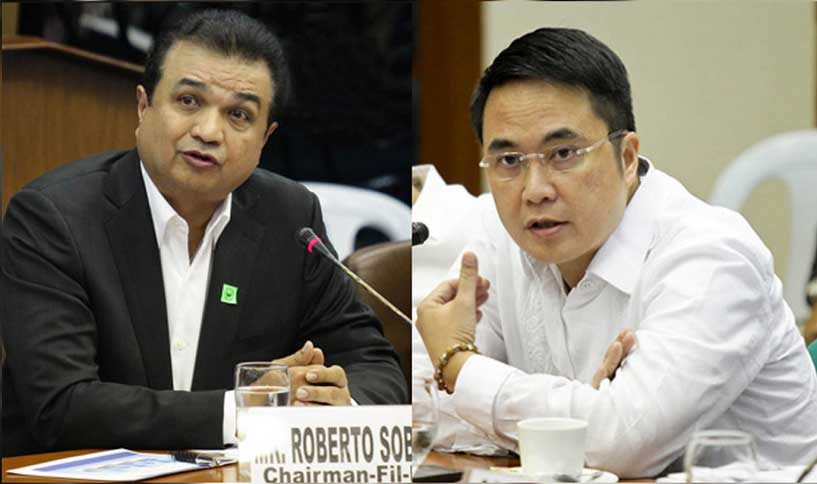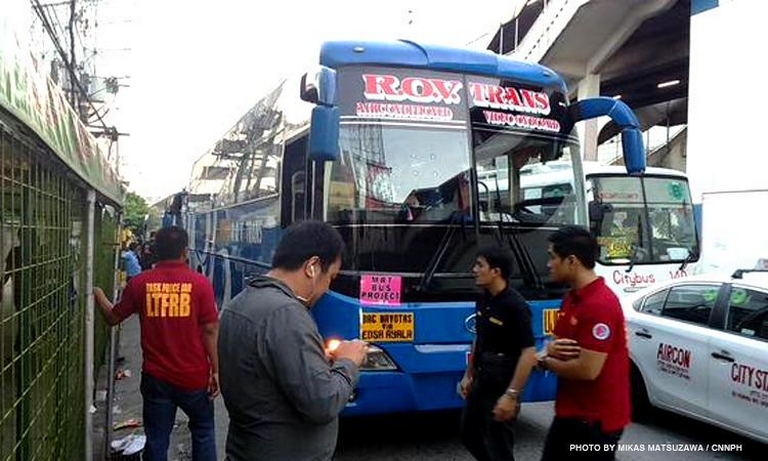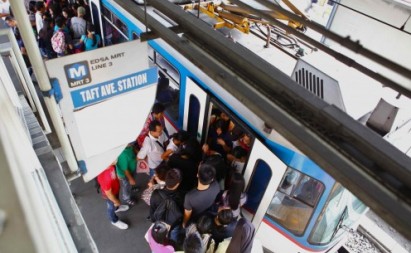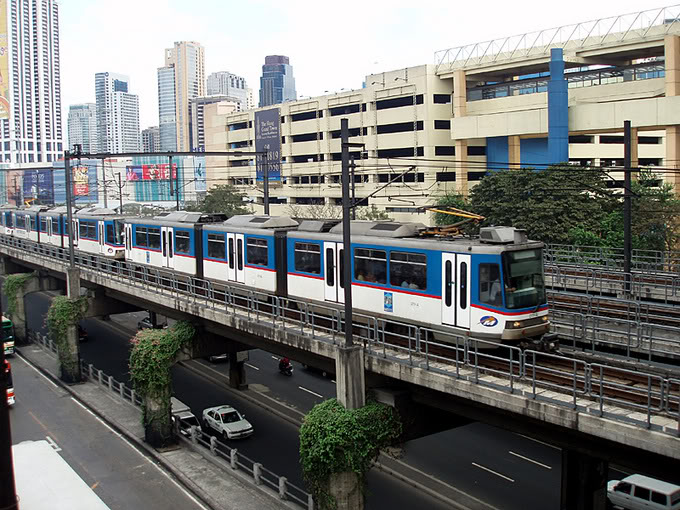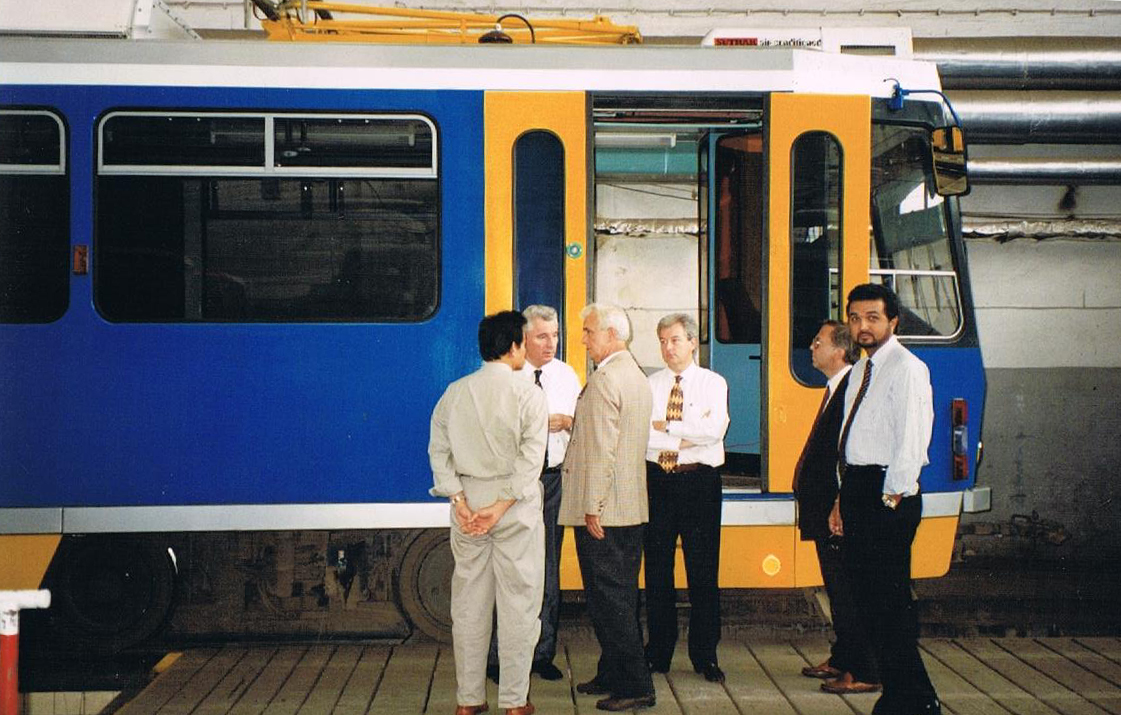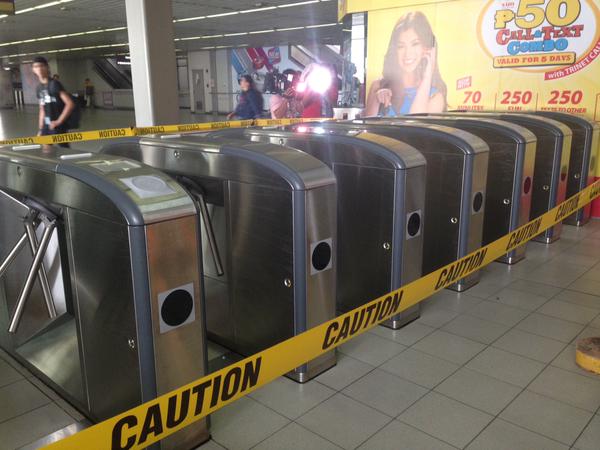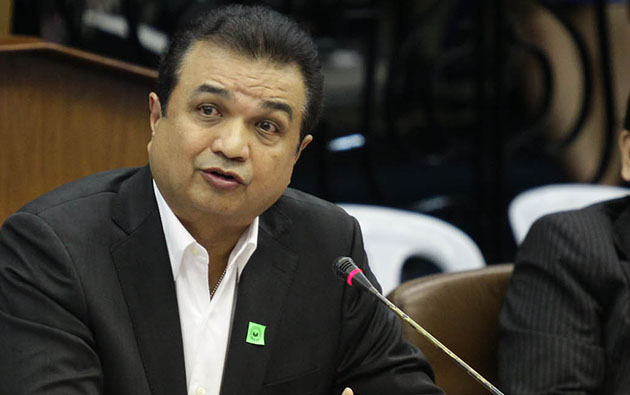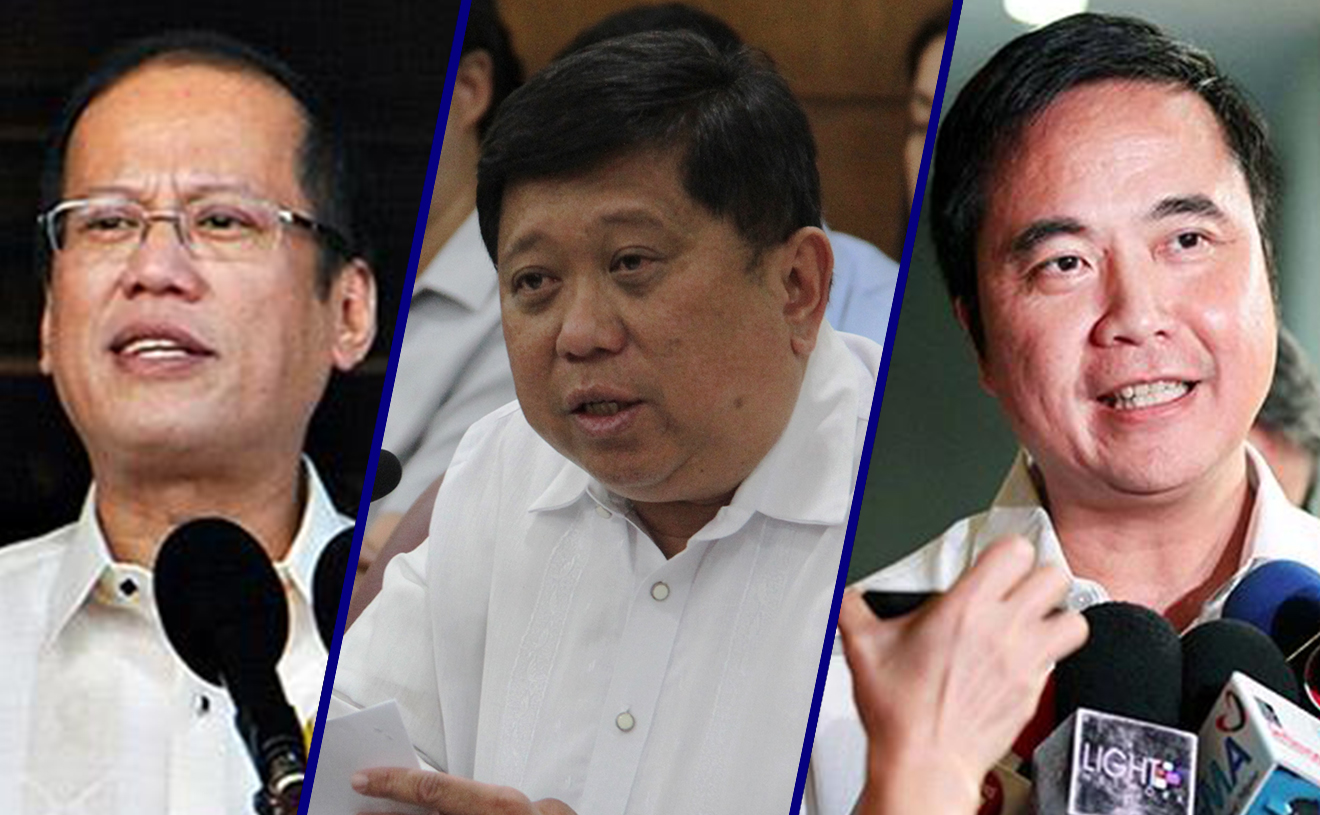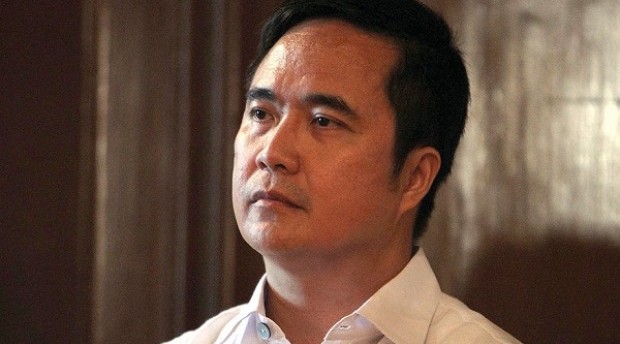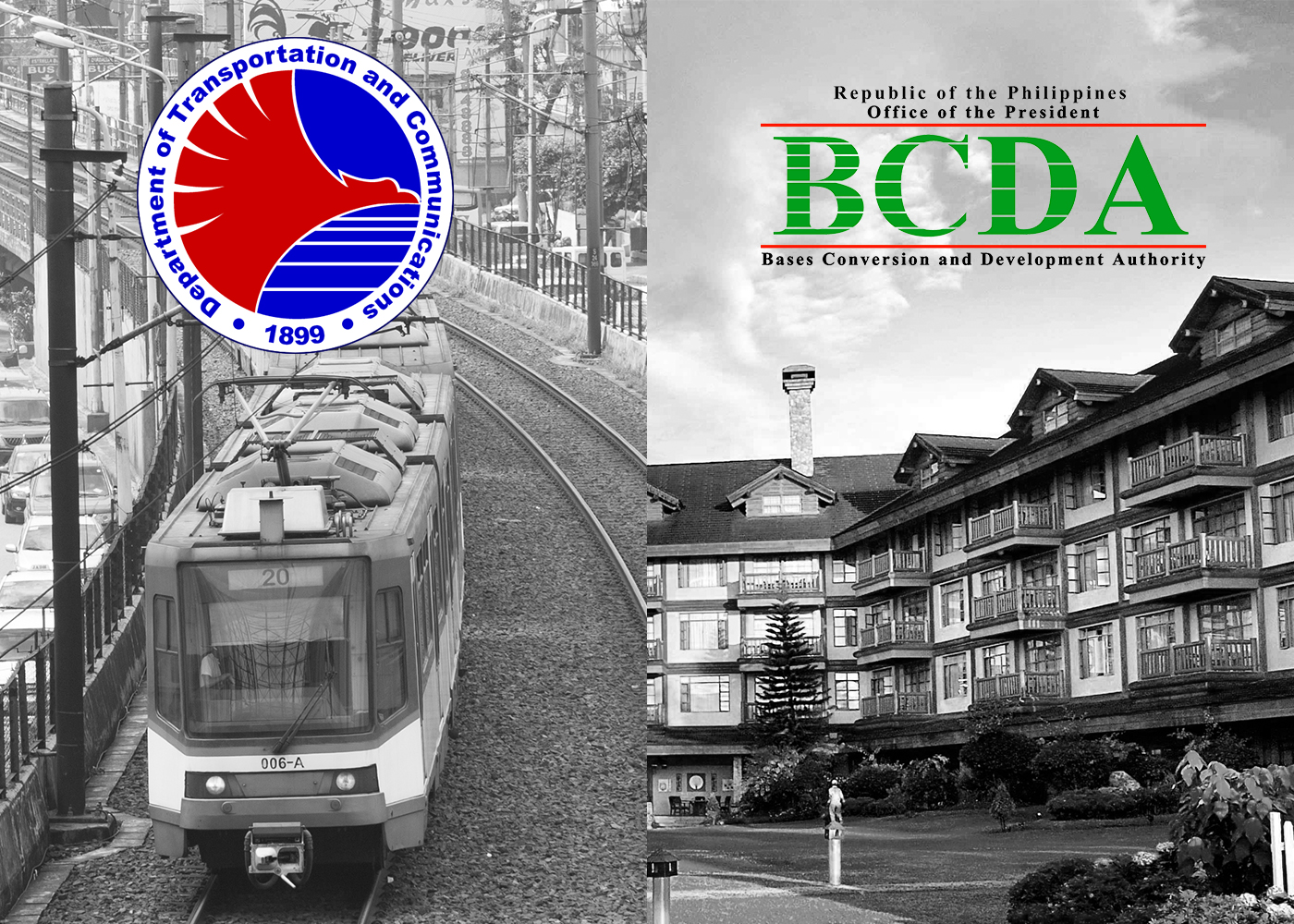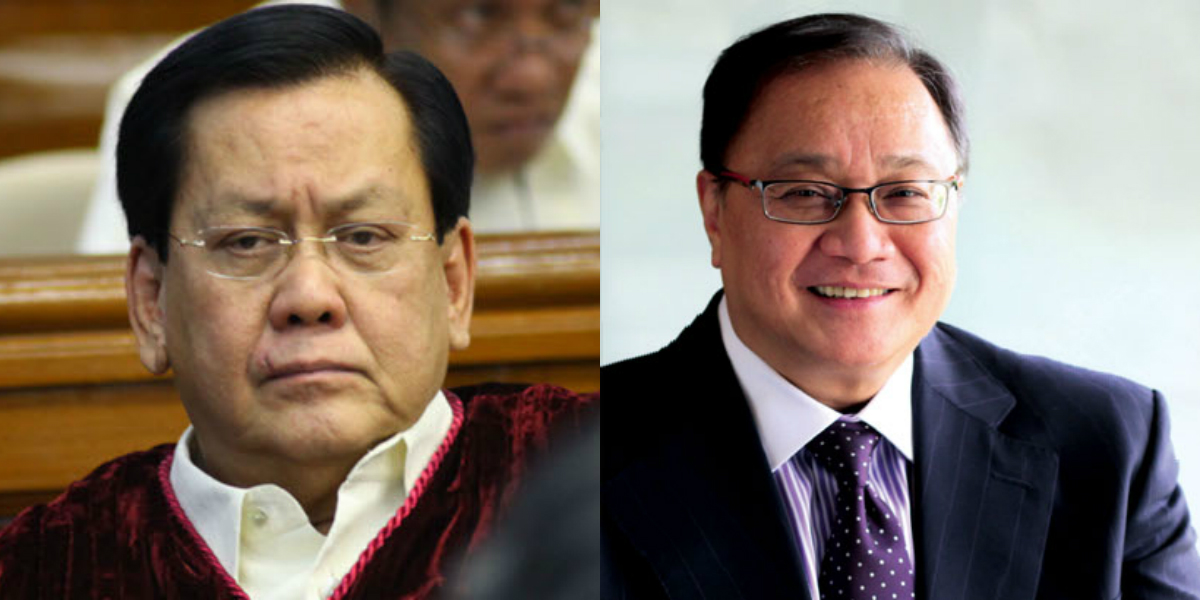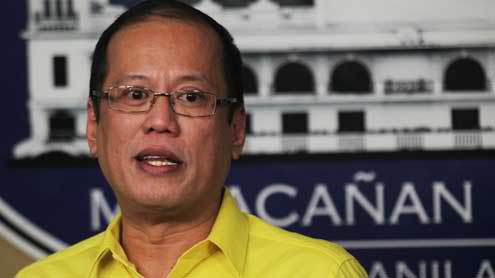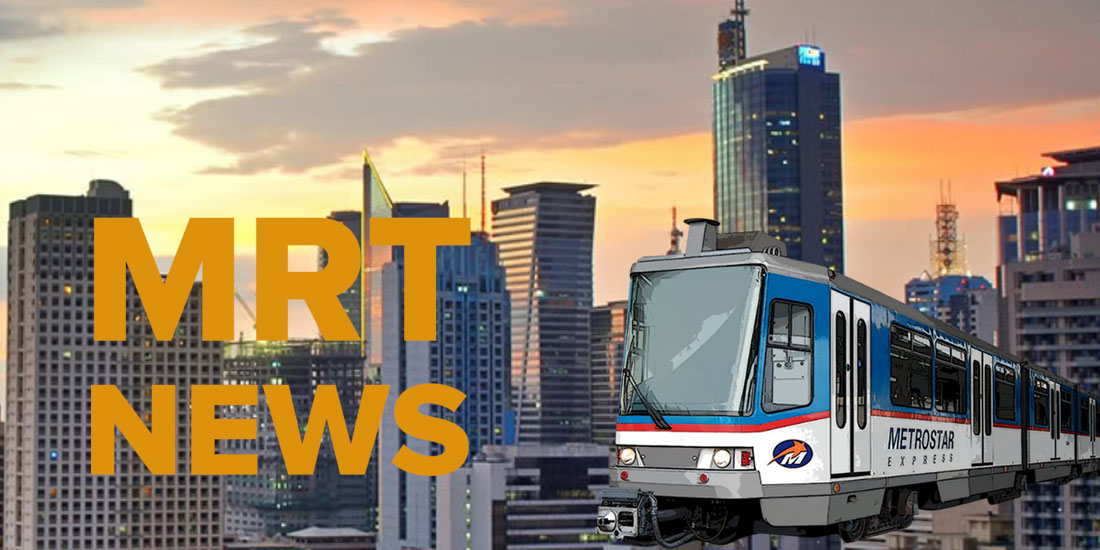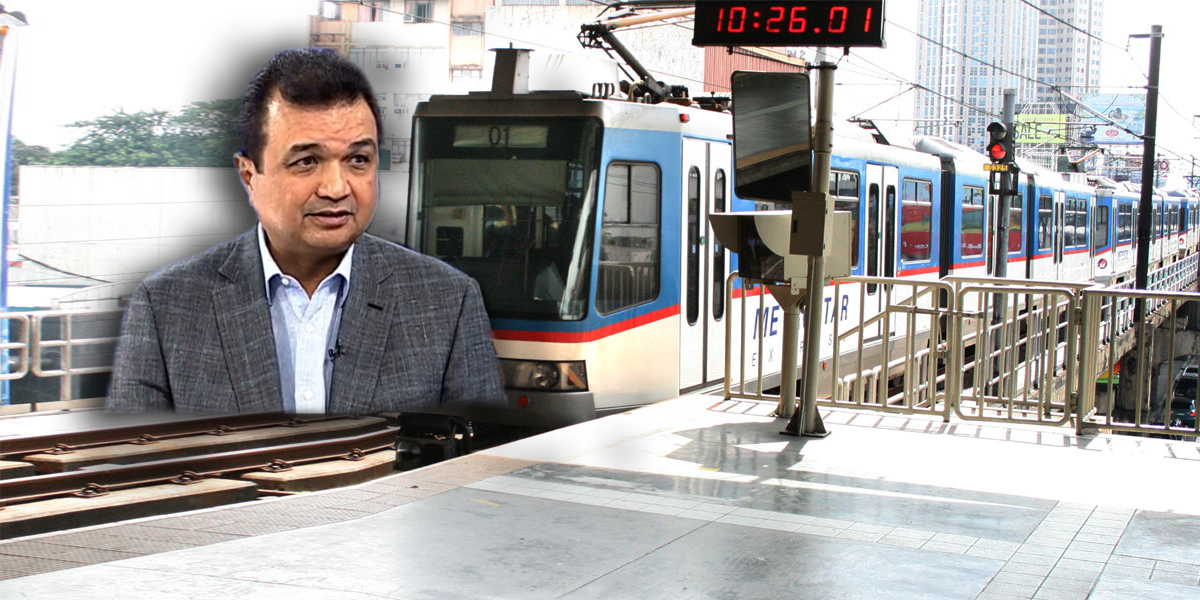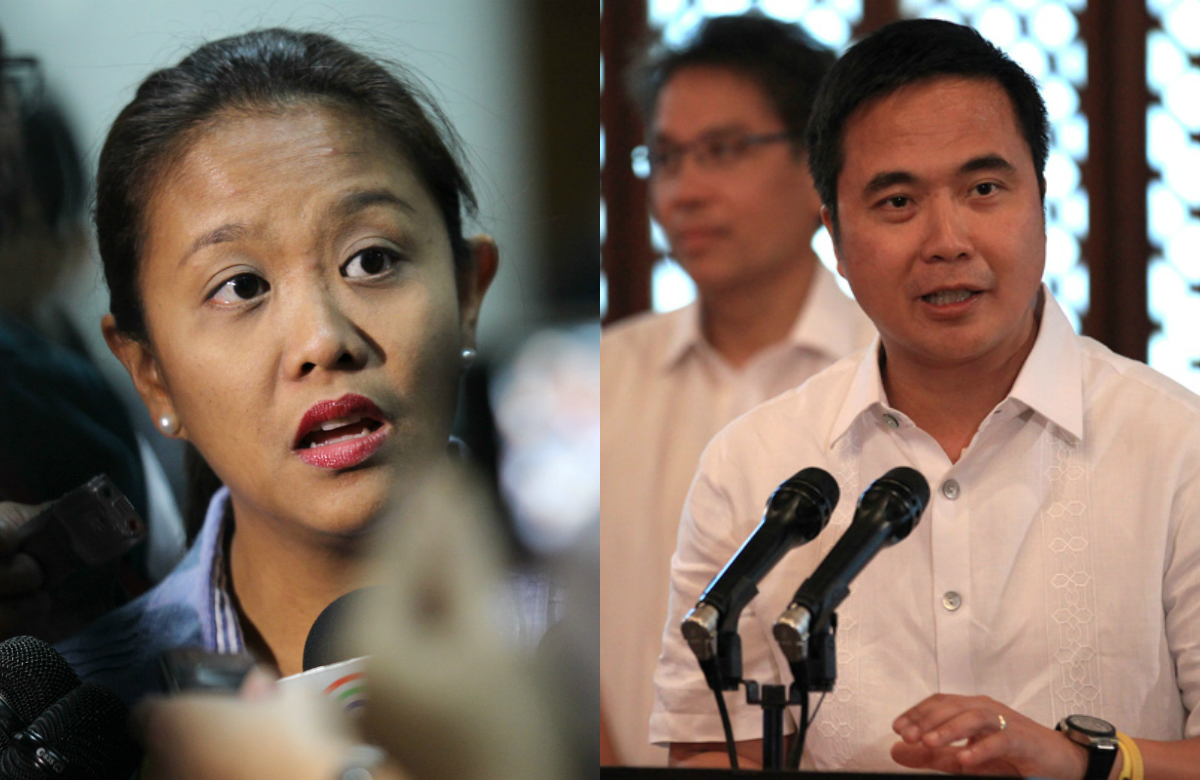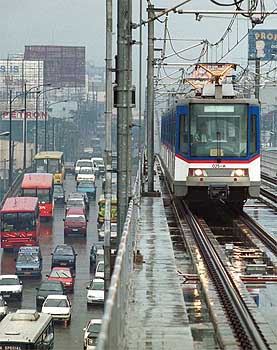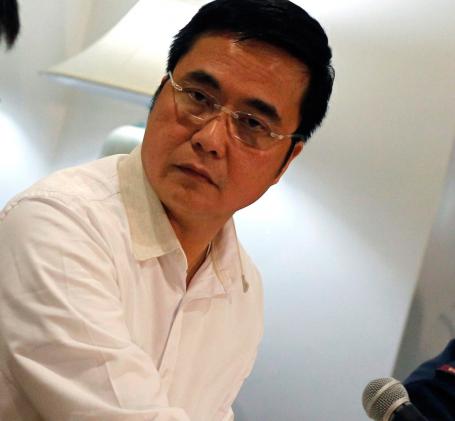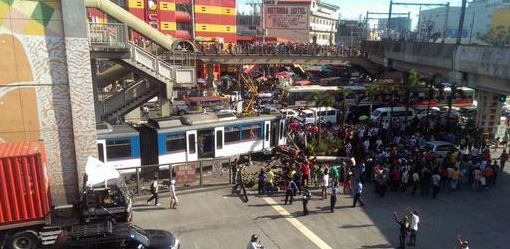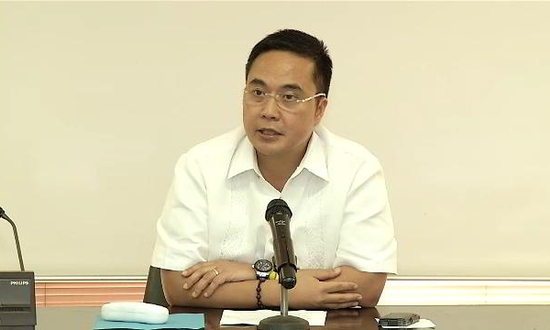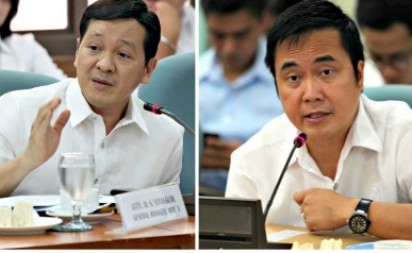GOTCHA - Jarius Bondoc (The Philippine Star) - June 29, 2018 - 12:00am
The failed maintenance contractors of MRT-3 should be charged with plunder. They allegedly committed the three elements of the non-bailable heinous offense. Those are: (1) personal gain, (2) at least P50 million in government money, (3) a series or combination of crimes. Rep. Jericho Nograles urges the Ombudsman to upgrade the rap from bailable corruption. Their unfulfilled work led to riders’ injury and inconvenience, as the commuter railway rapidly deteriorated, he says.
The Ombudsman this week indicted ex-transport chief Joseph Abaya and 16 others for graft. Charged with him are incorporator-directors of Busan Universal Rail Inc. (BURI) and its partners:
• Eldonn Ferdinand V. Uy, Edison Construction Development;
• Belinda Ong Tan, TMI Inc.;
• Elizabeth C. Velasco, Tramat Inc.;
• Brian C. Velasco, Castan Corp.;
• Antonio P. Borromeo, BURI;
• Elpidio Silvestre Uy, BURI; and
• Jun Ho Hwang, Busan Transport Co.
Through BURI, the seven were paid about P55 million a month in Jan. 2016-Nov. 2017, based on DOTr official receipts, says Nograles. Yet records show that they reneged on contract terms, like stockpiling spare parts and ensuring 20 running trains during peak hours. Government auditors had listed the frequent railway breakdowns under BURI, and the unfulfilled overhaul of coaches.
From those official documents, plus BURI’s contract and SEC filings, the Ombudsman can build a solid case of plunder, Nograles says.
Also charged with Abaya and the seven contractors are:
• Usec. Rene K. Limcaoco, head negotiator;
• Usec. Catherine P. Gonzales, vice head;
• Usec. Edwin R. Lopez, Operations;
• Roman R. Buenafe, then-MRT-3 general manager;
• Asst. Sec. Camille Alcaraz, Procurement;
• Ofelia Astrera, vice chair for bids and awards;
• Charissa Eloisa Opulencia, attorney;
• Oscar Bongon, chief engineer; and
• Jose Rodante Sabayles, engineer.
The DOTr officials allegedly gave the private contractors undue advantage to bag the deal. For one, the negotiating party supposedly was the joint venture of Korea’s Busan Transport with the four Filipino firms, but the contract ended up with newborn BURI. That was in breach of the Anti-Graft and Corrupt Practices Act.
Nograles had suggested to DOTr that complaint strategy. There was no proof of personal benefit by the DOTr officials from P50 million in public funds via combined offenses.
Abaya did not sign the P3.8-billion negotiated deal for the three-year upkeep, train overhaul, and signaling replacement. Still the anticorruption agency held him fully responsible for the DOTr’s largest train deal of 2016 for which Congress had appropriated the budget. He had worked on the approval of the negotiation by the Government Procurement Policy Board, consisting of fellow-Cabinet members.
Korean Chae-Gue Shim’s name was stated in the contract for Busan Transport, but he did not sign.
Also a non-signatory was Eugene Rapanut, BURI managing director who admitted in a House of Reps hearing to have participated in the contract negotiation.
With the indictment of Abaya et al, the Ombudsman should indict next the approvers and brokers of the 2013 Chinese train purchase. The 48 coaches costing another P3.8 billion are inoperative to date, notes Renato Reyes of Bayan, one of the complainants at the Ombudsman.
The P3.8 billion BURI deal and P3.8 billion faulty trains were exposed in this column in late 2015.
The trains from Dalian Locomotive and Rolling Stock Corp. are incompatible with existing MRT-3 systems. Arriving late and defective, they had not undergone 15 tests, involving 94 components, for safety, reliability, and durability. Design and fabrication flaws, including overweight, hamper proper operation and maintenance.
Rapanut reportedly also brokered the train purchase during Abaya’s term. Last March and April Japanese and German evaluators separately found the Chinese trains inapt. The former urged return to China for correction, like what Singapore, Hong Kong, and Pakistan did. The latter advised swift proper action by DOTr.
Meanwhile, infighting between their top two superiors are demoralizing MRT-3 employees. General manager Rodolfo Garcia supposedly is sitting on recommendations, including personnel contract renewals, of operations manager Michael Capati.
The former accuses Capati of insubordination. The latter charged Garcia recently with manhandling, wringing his neck while in a meeting with train experts from Australia Aid and the Asian Development Bank.
 Twitter
Twitter Facebook
Facebook